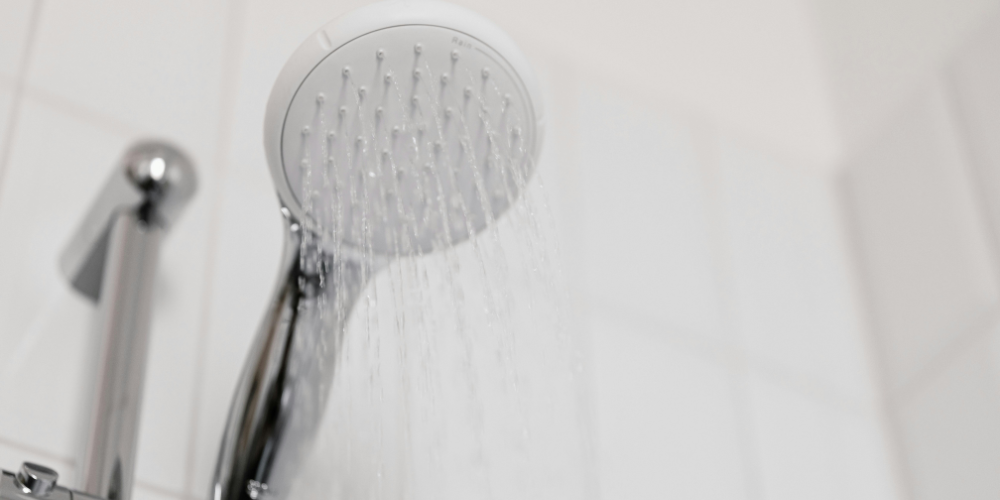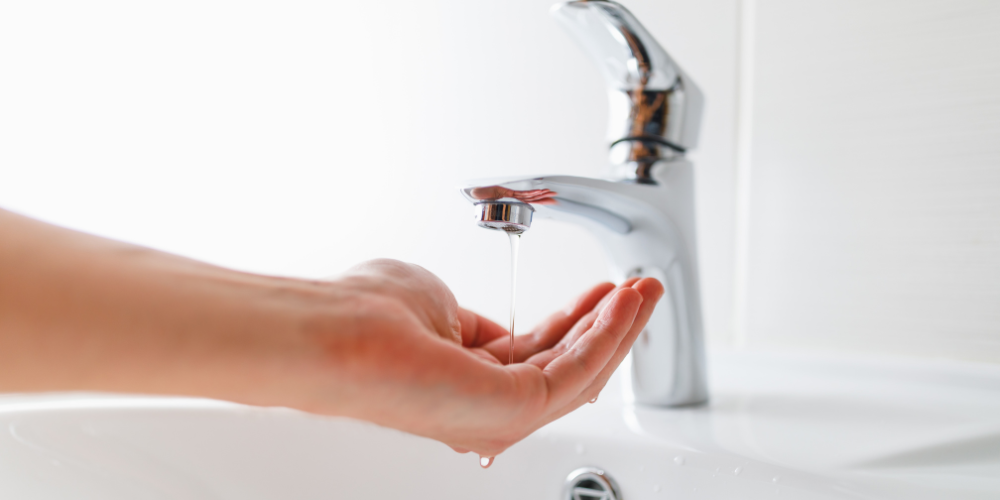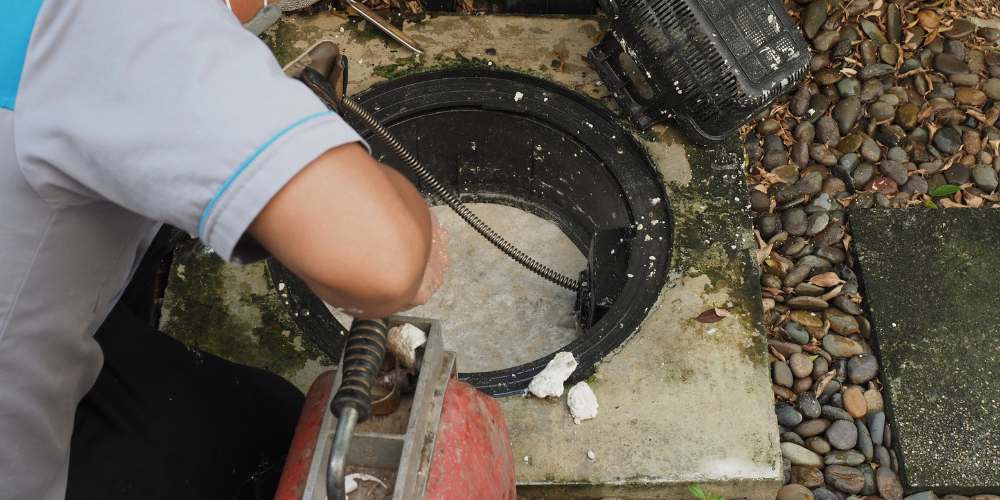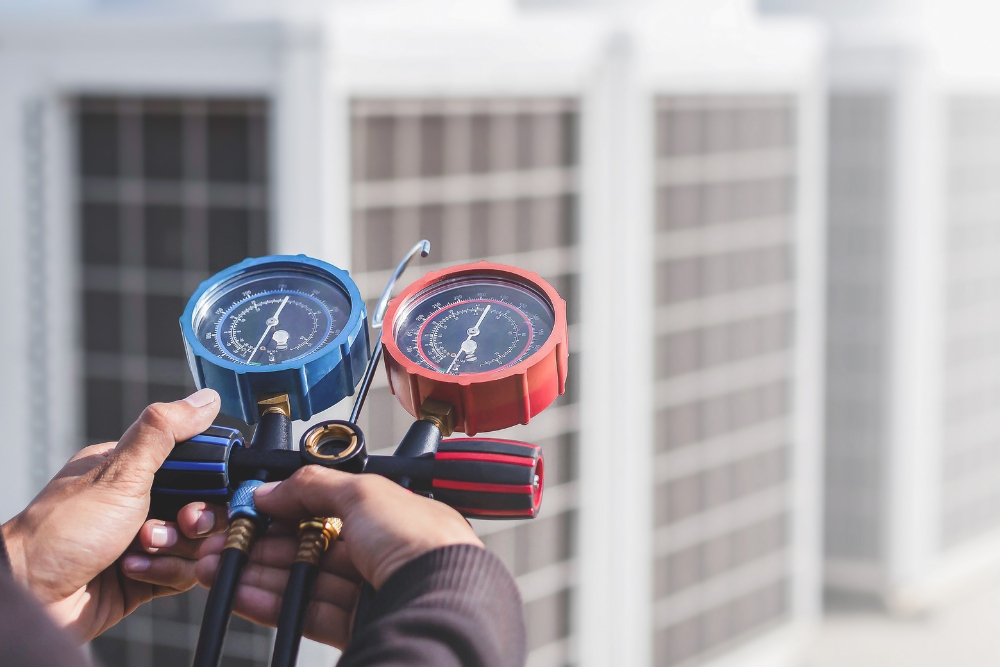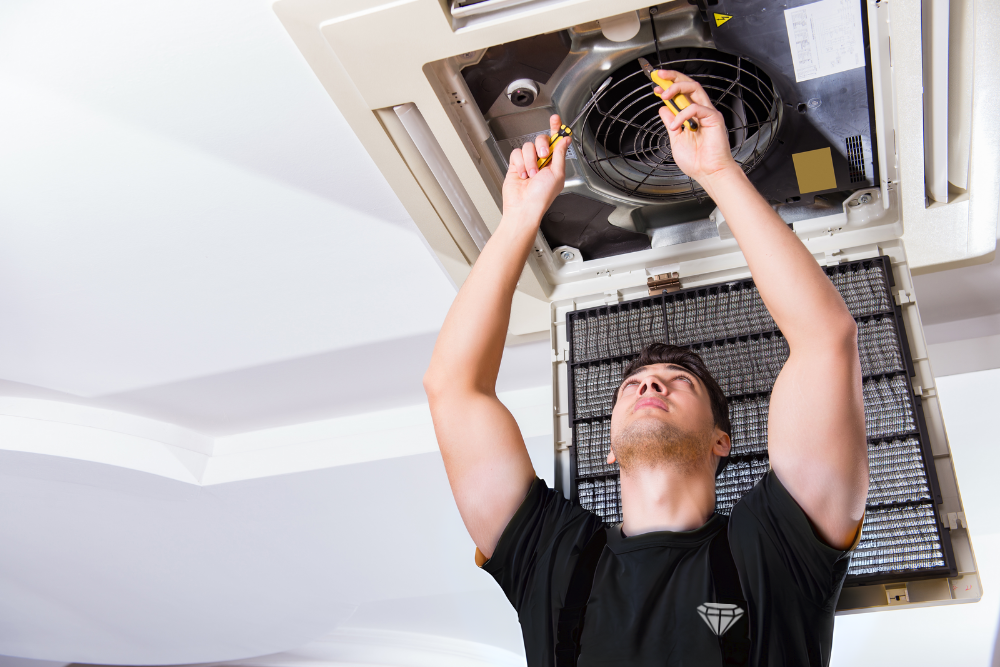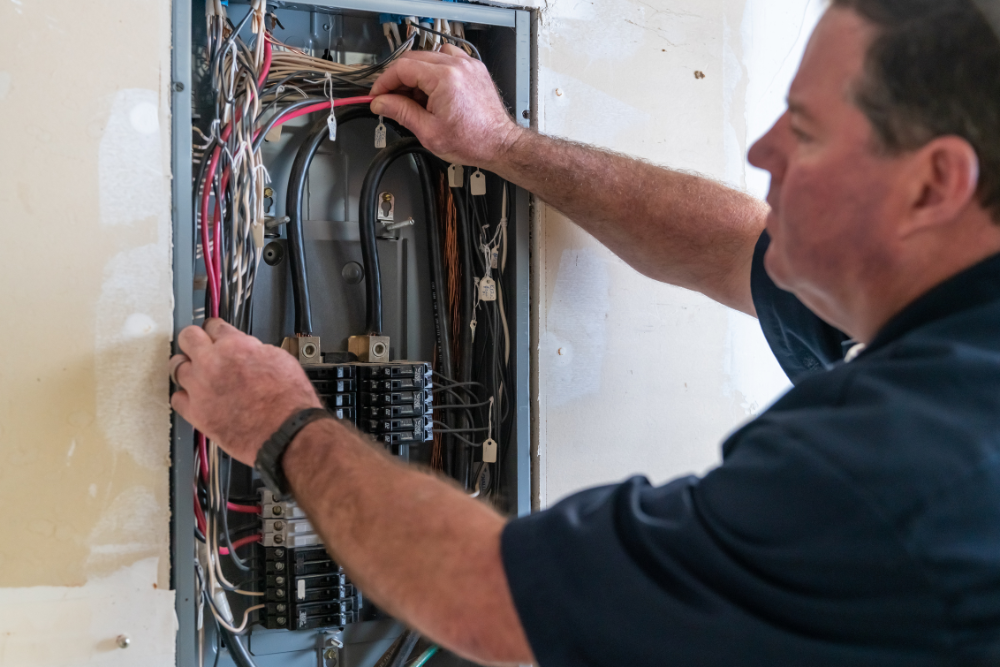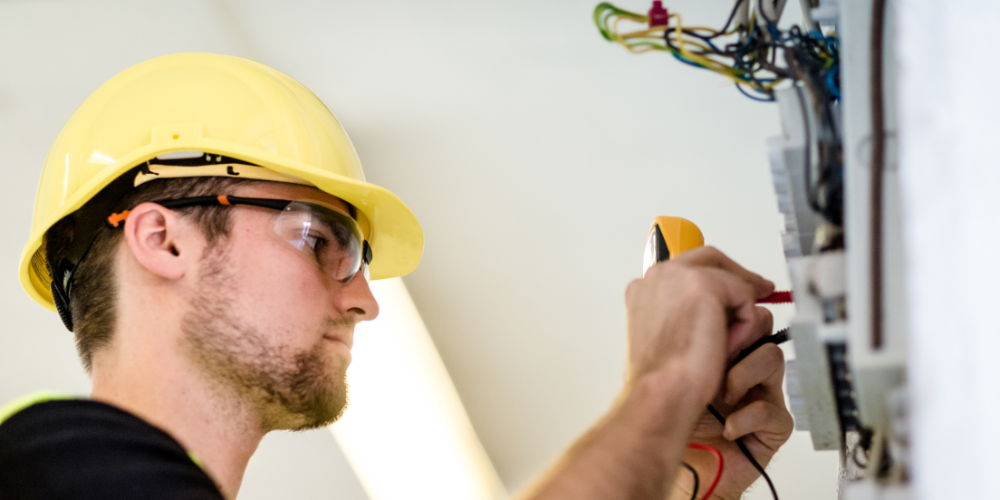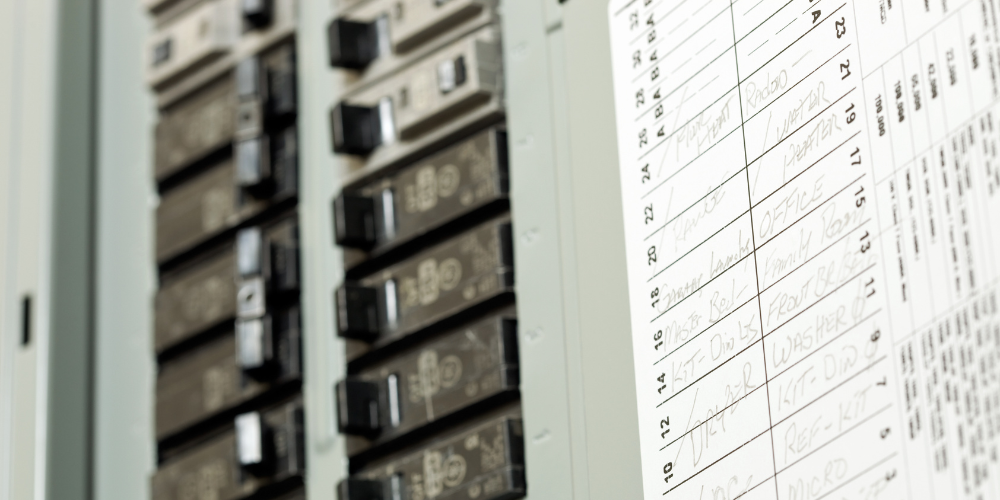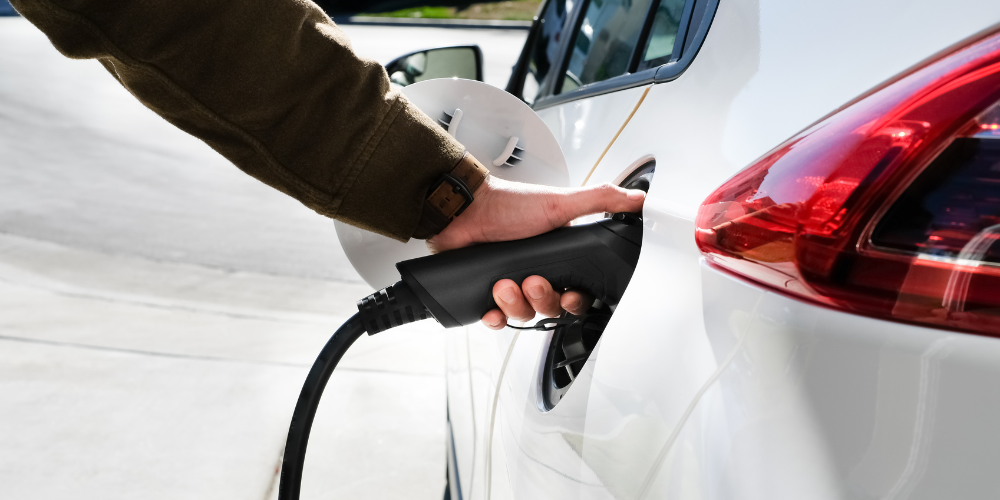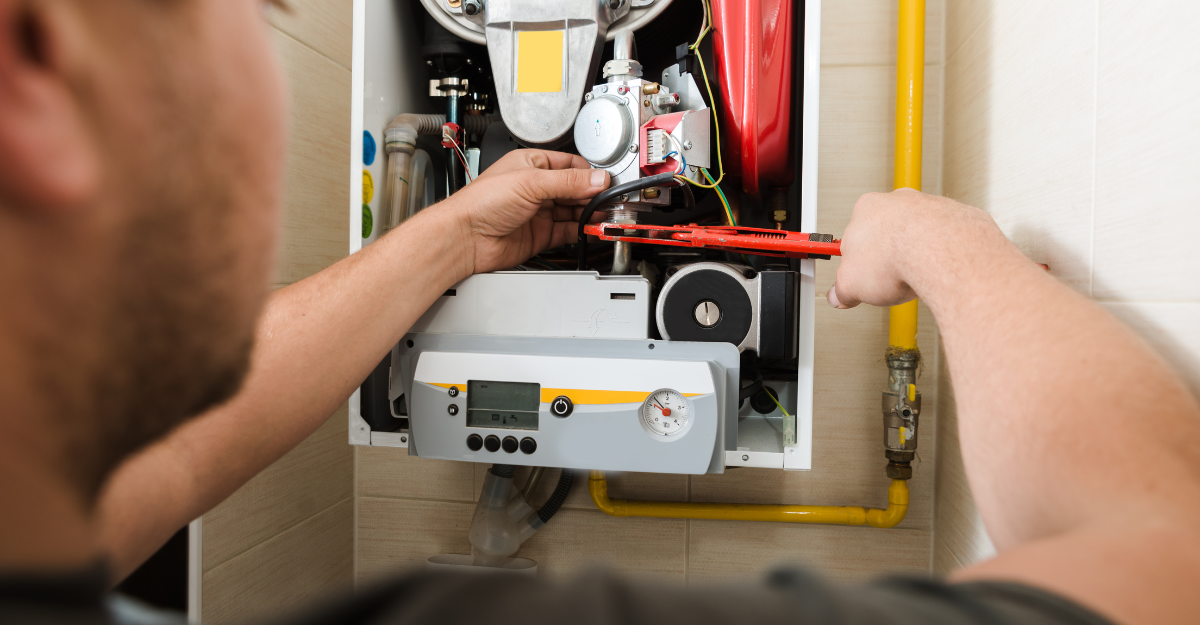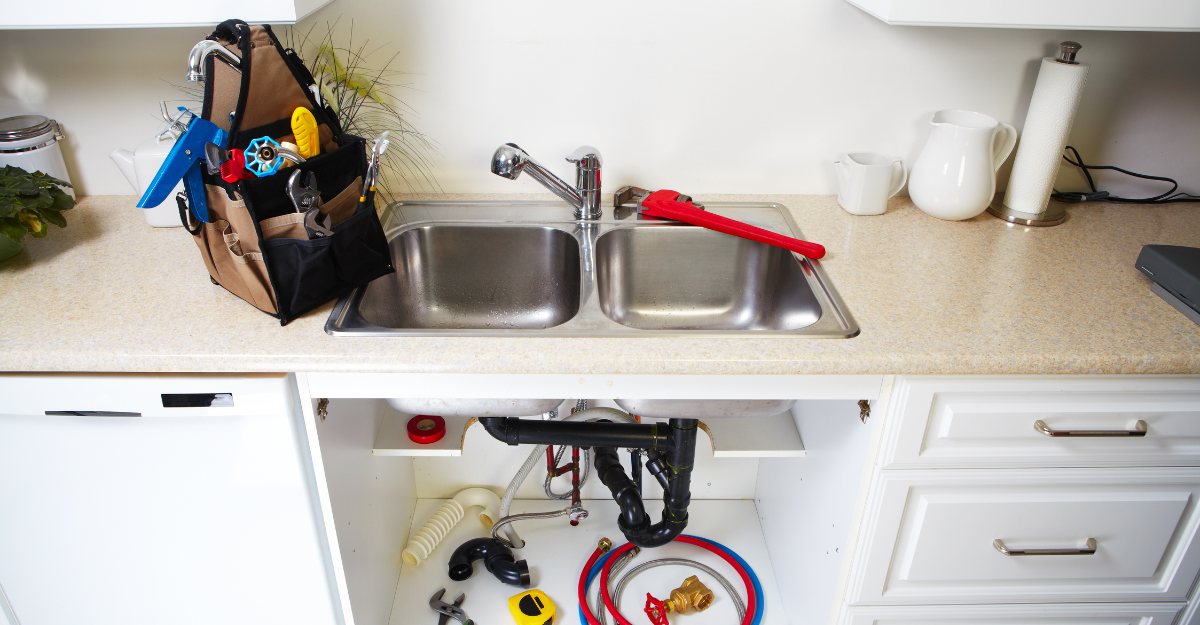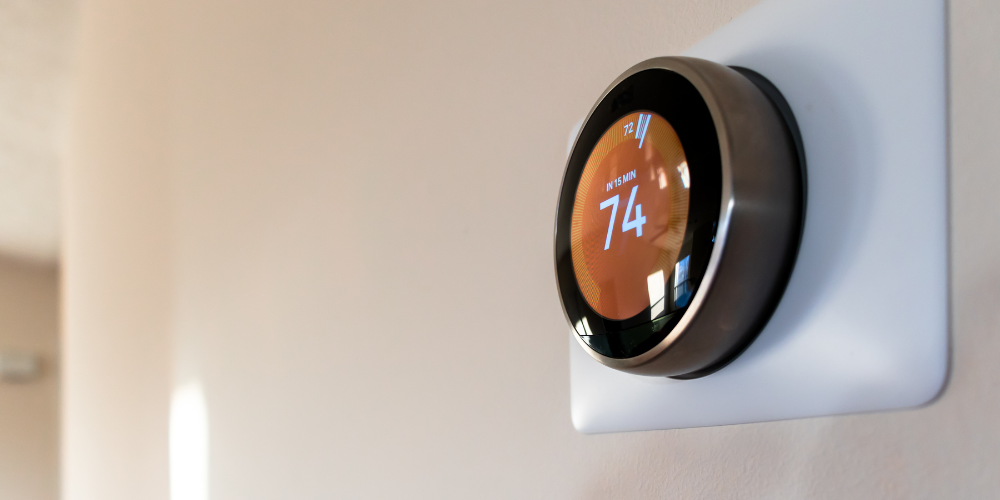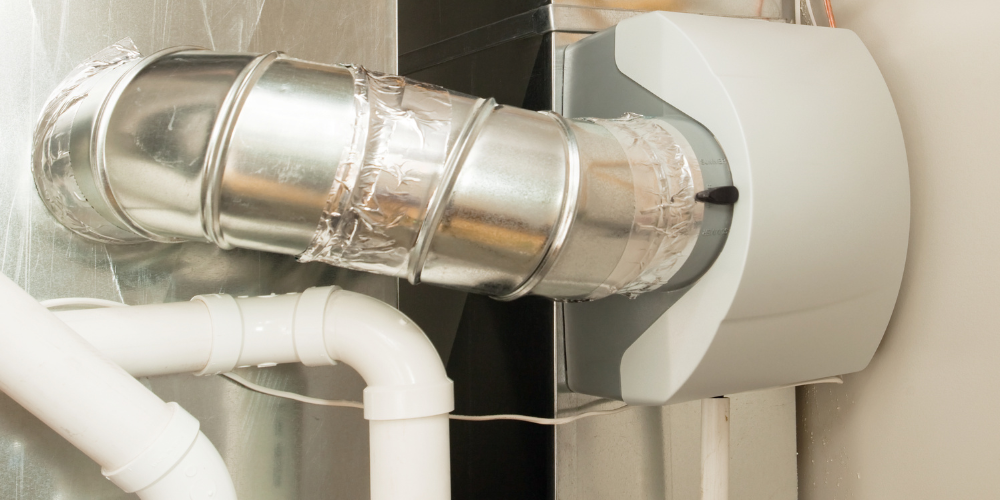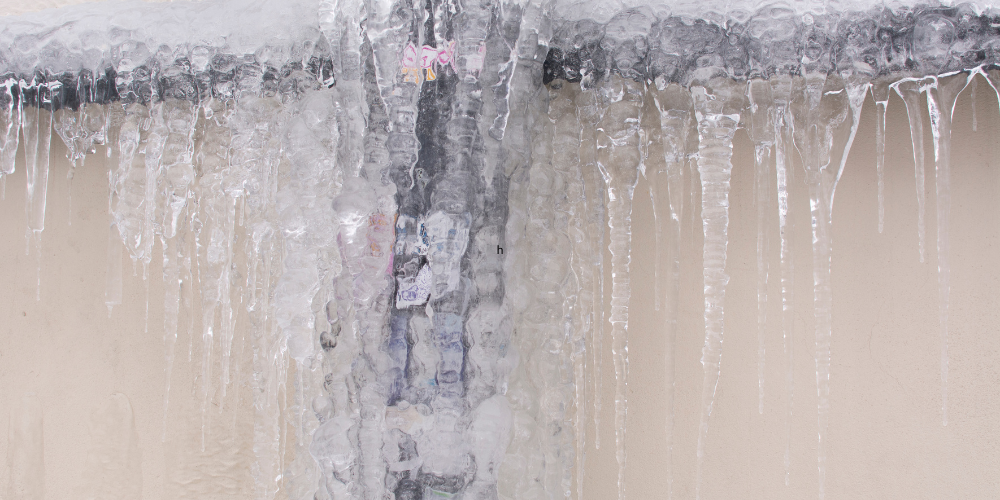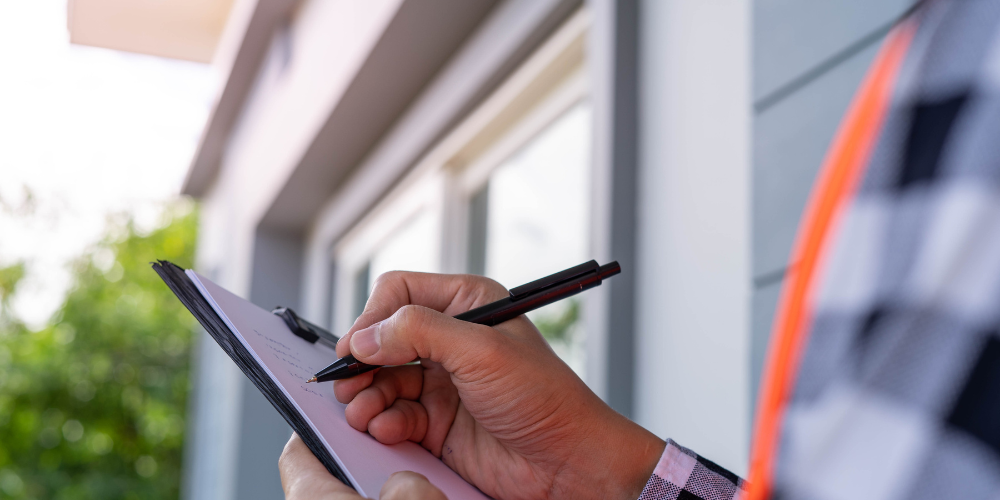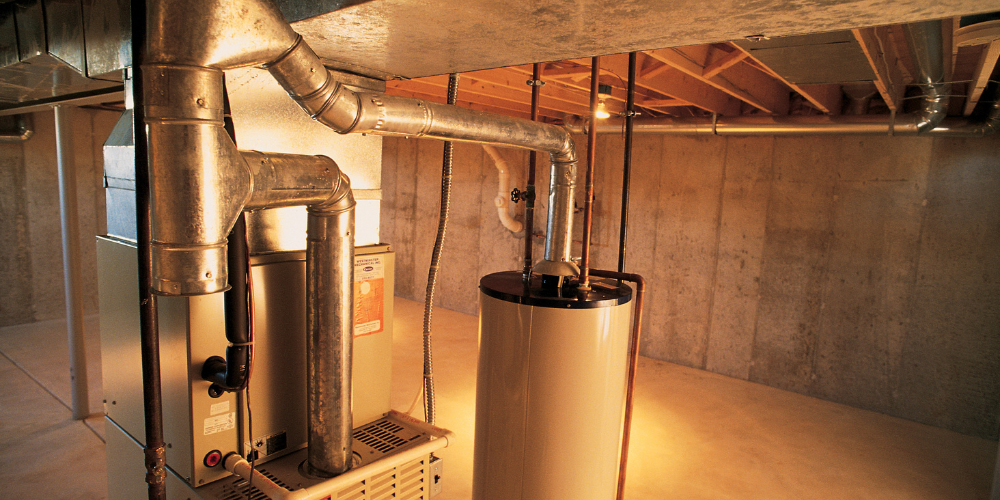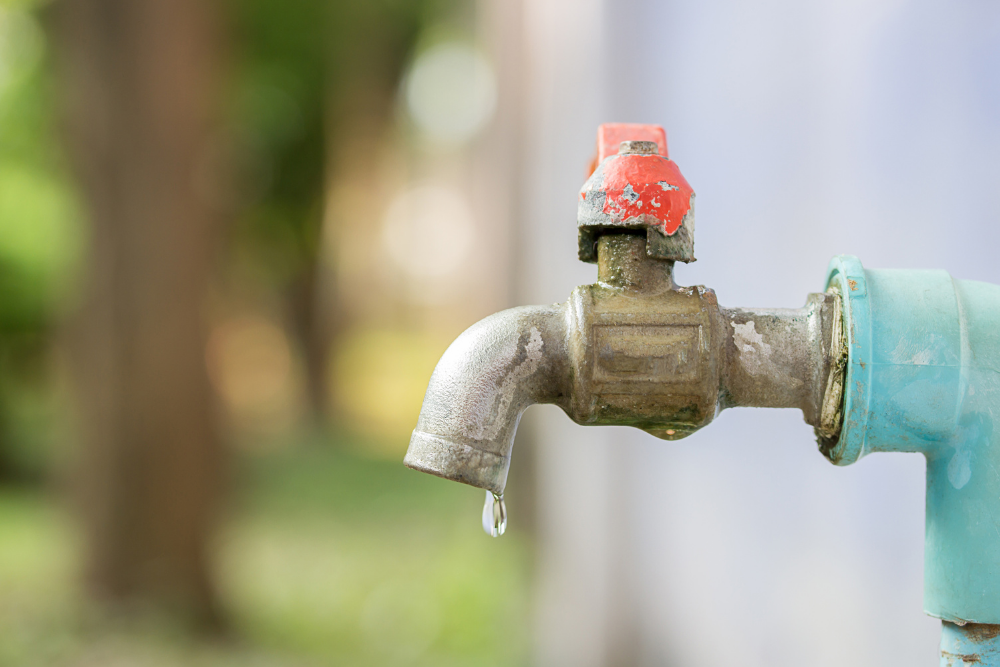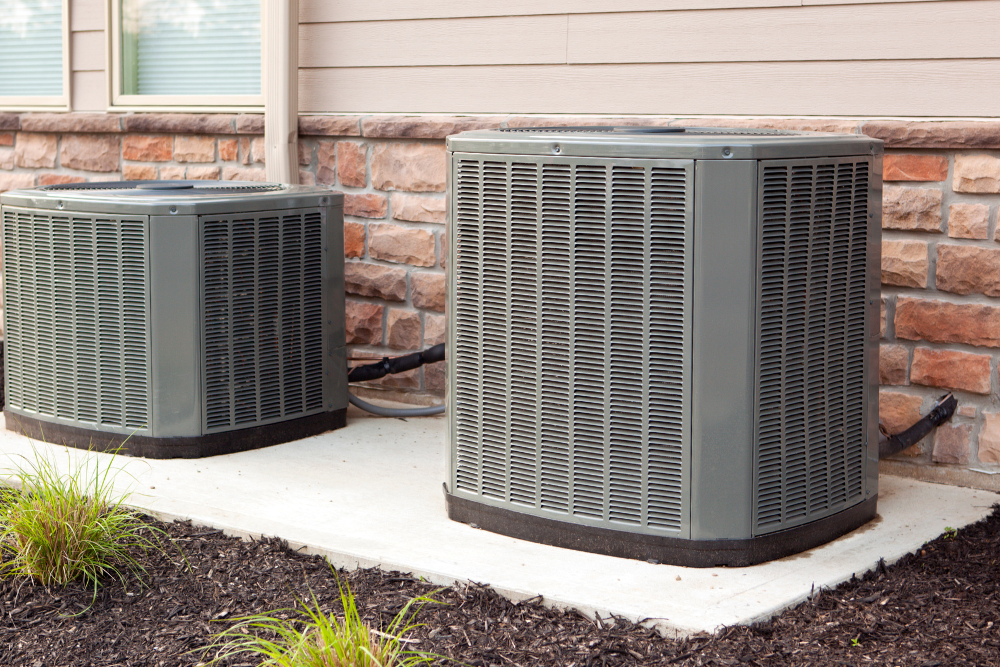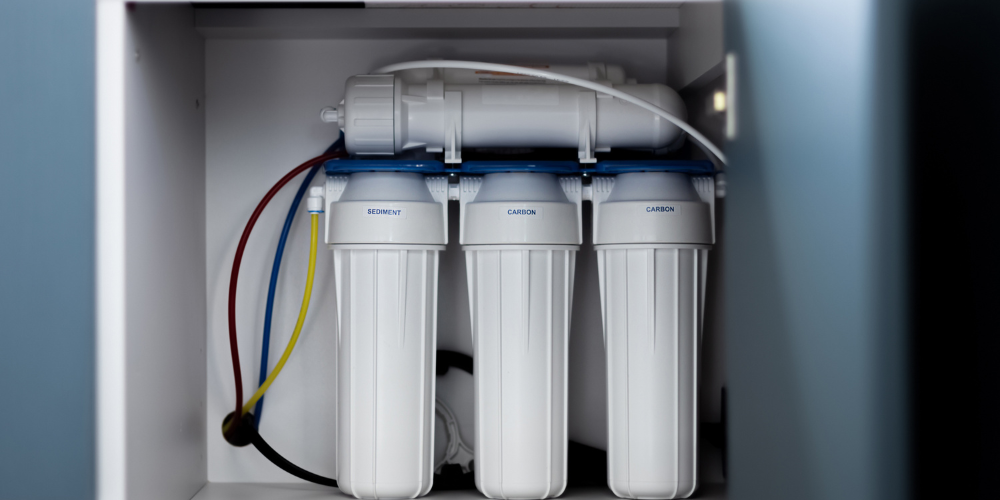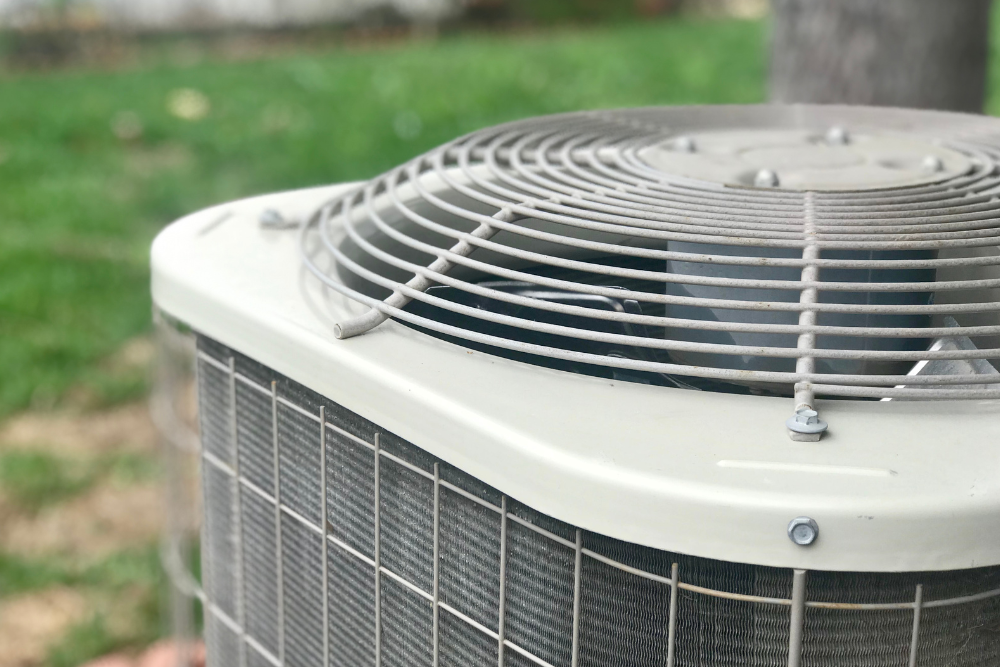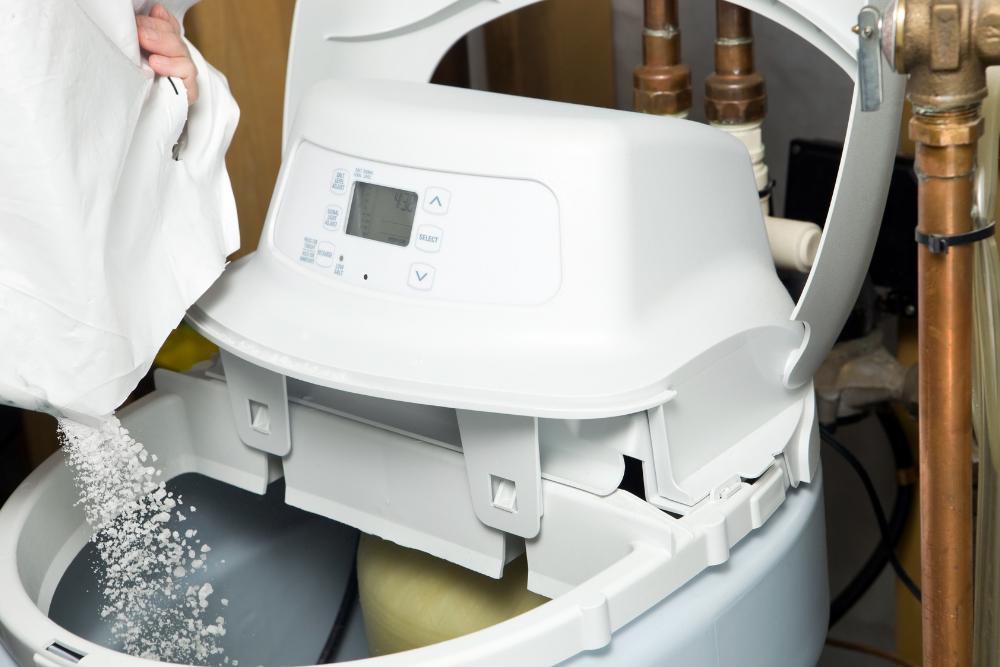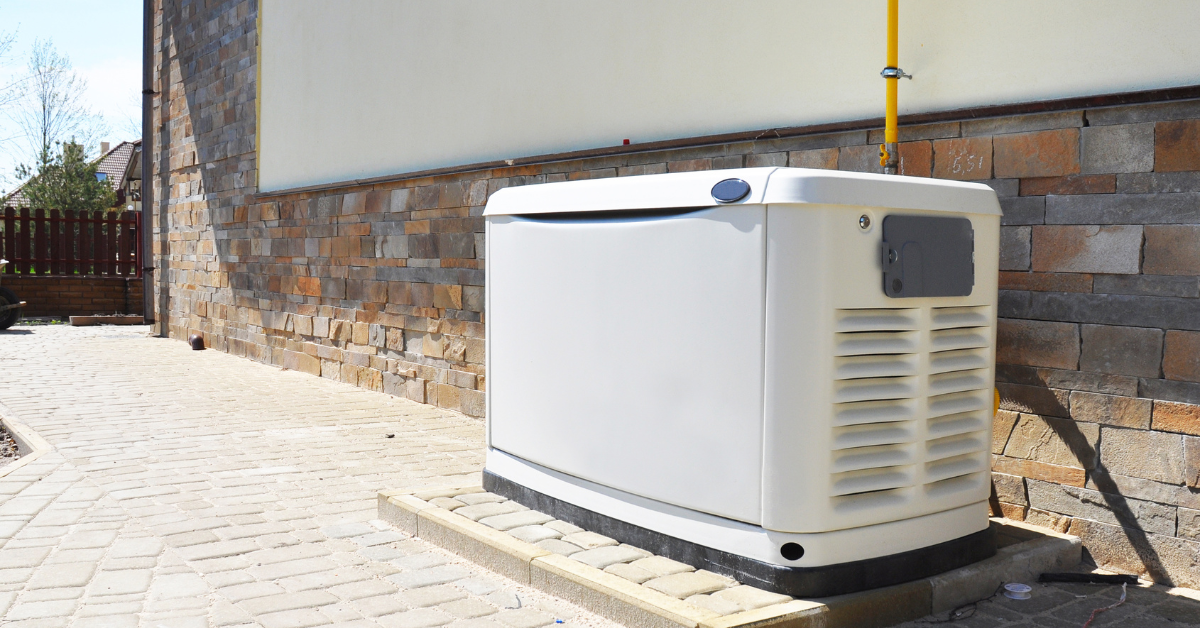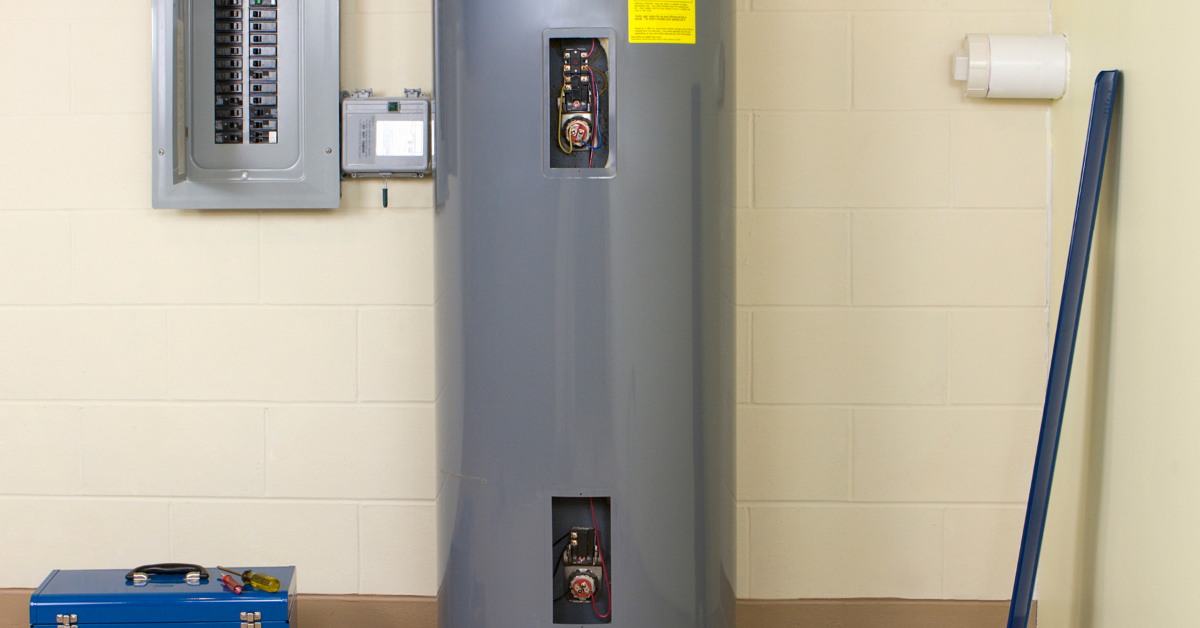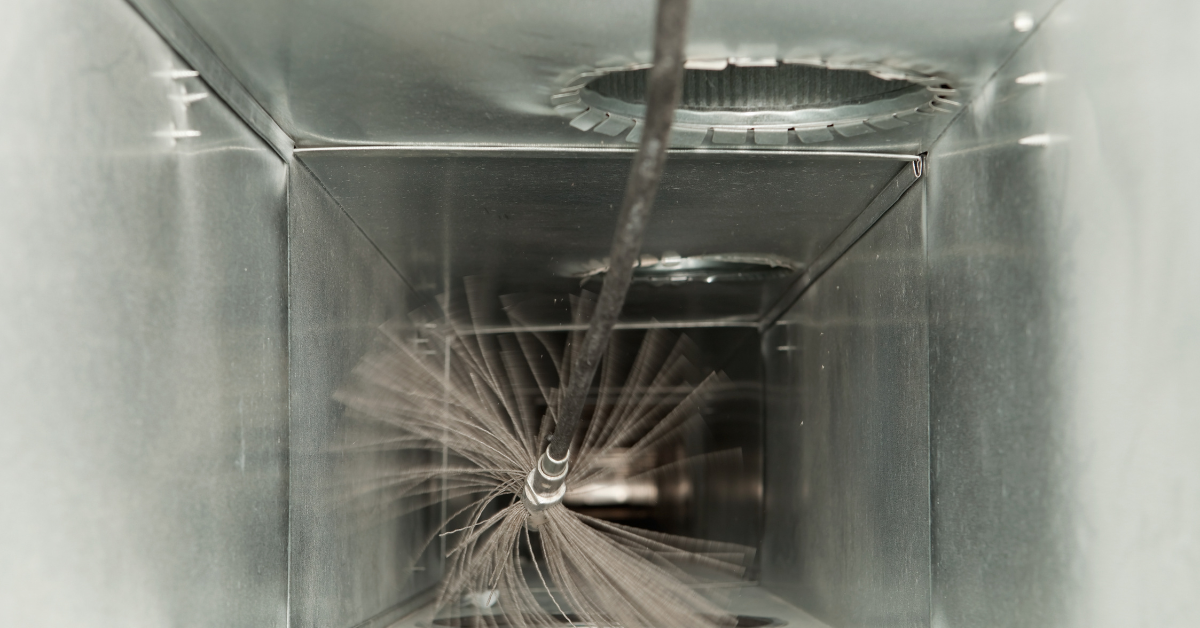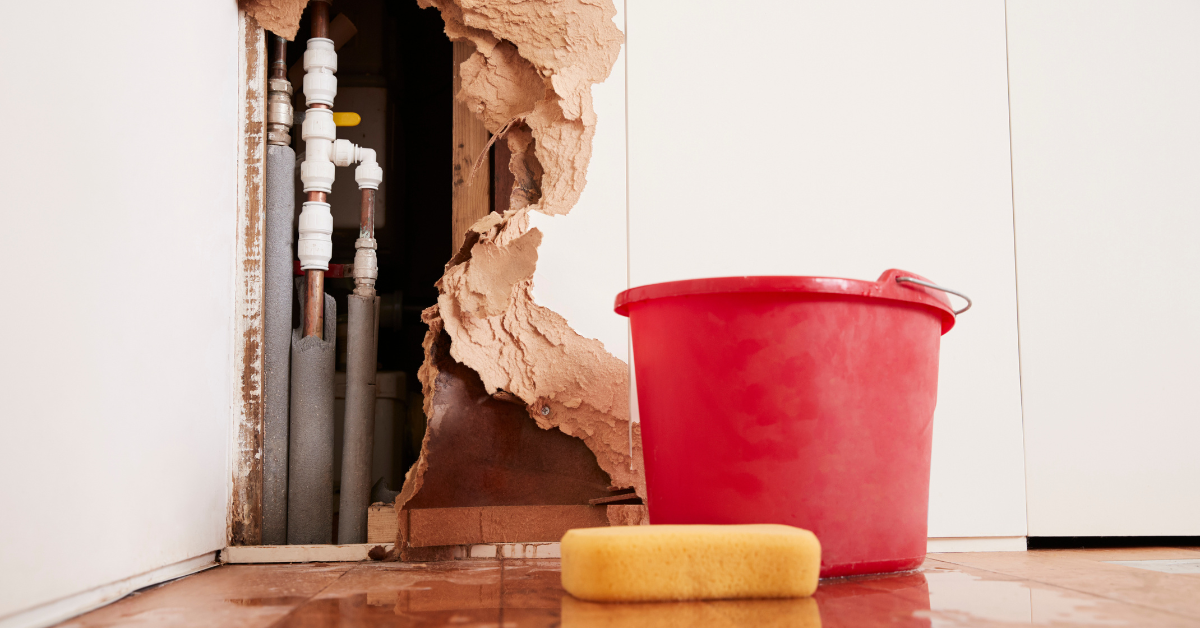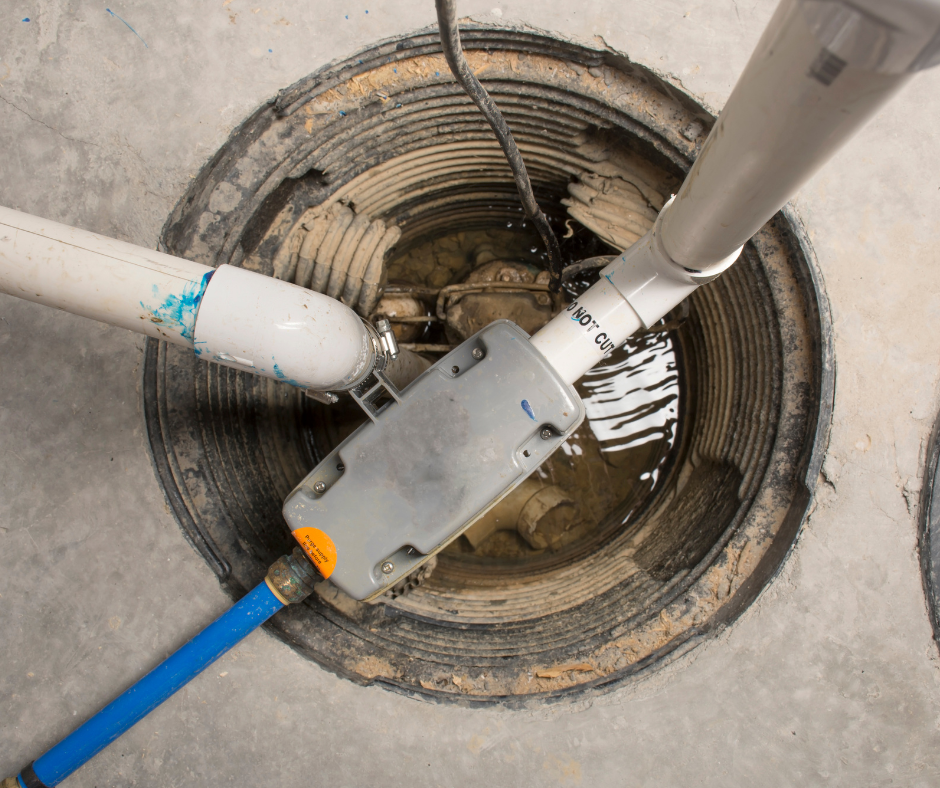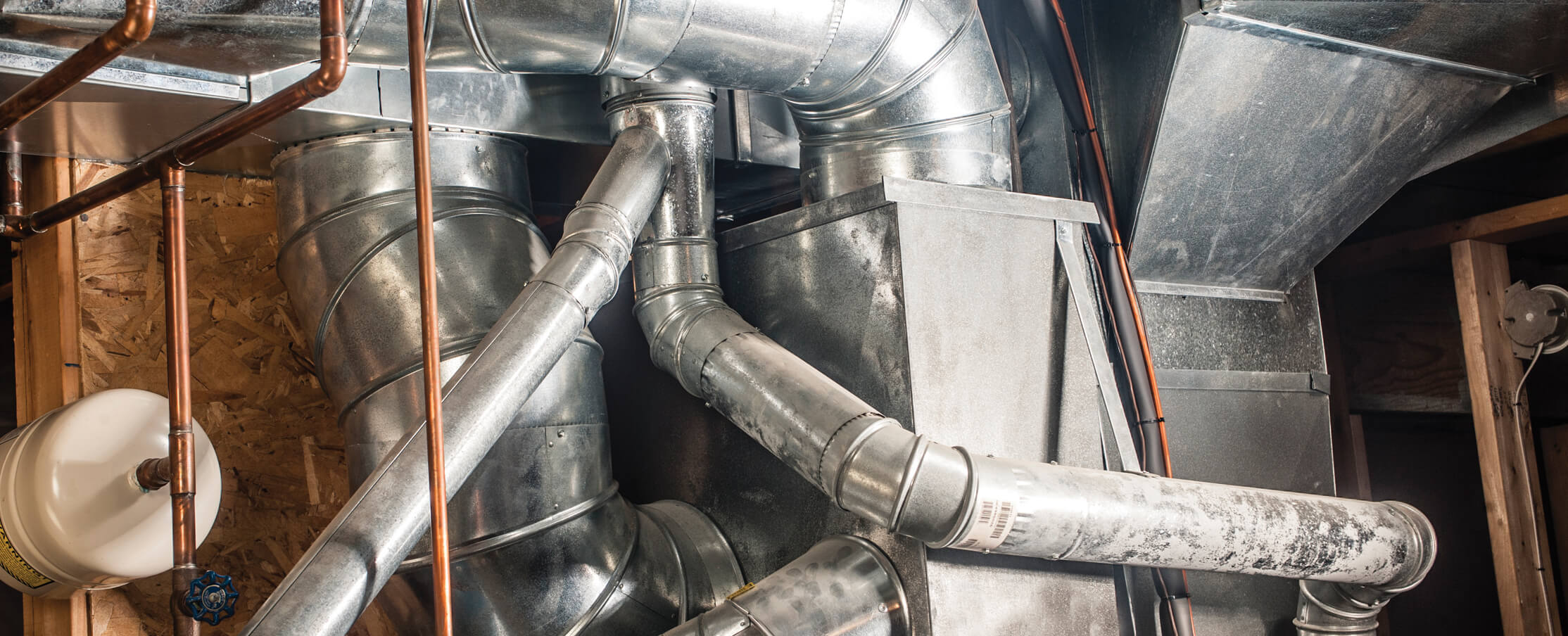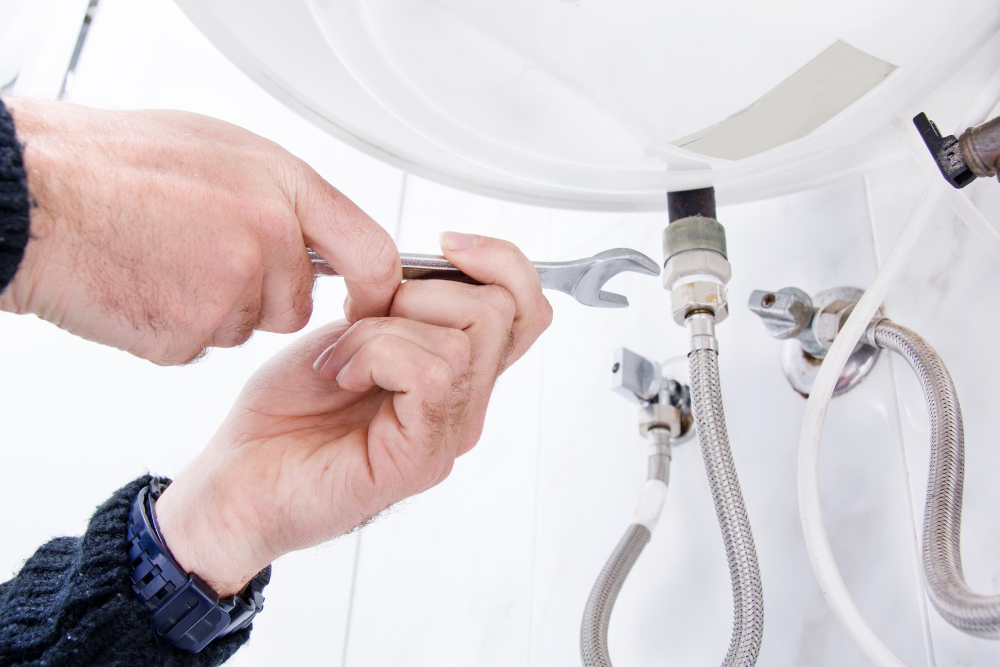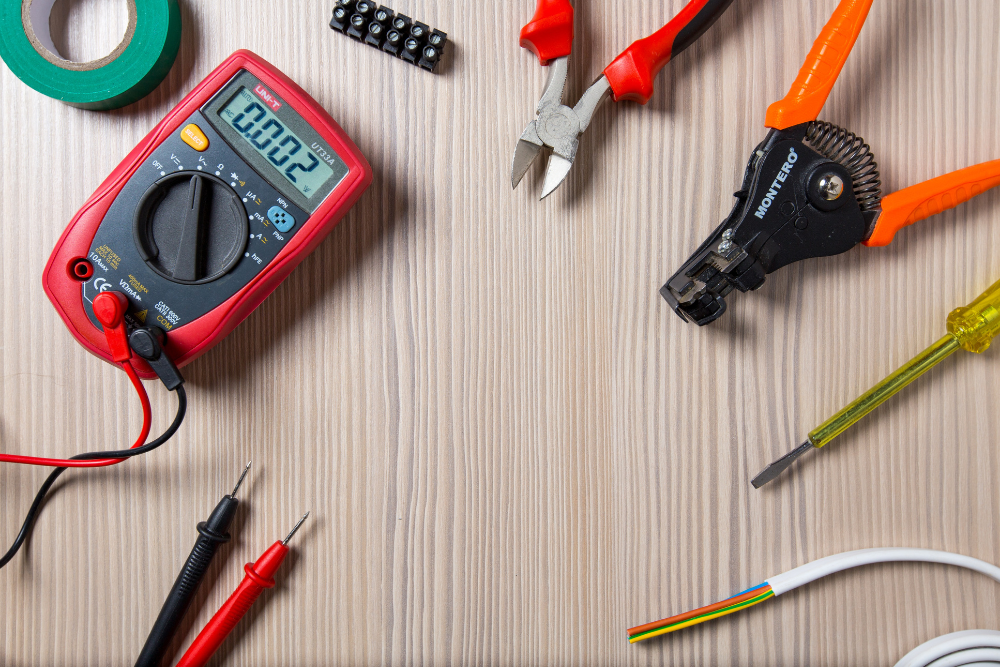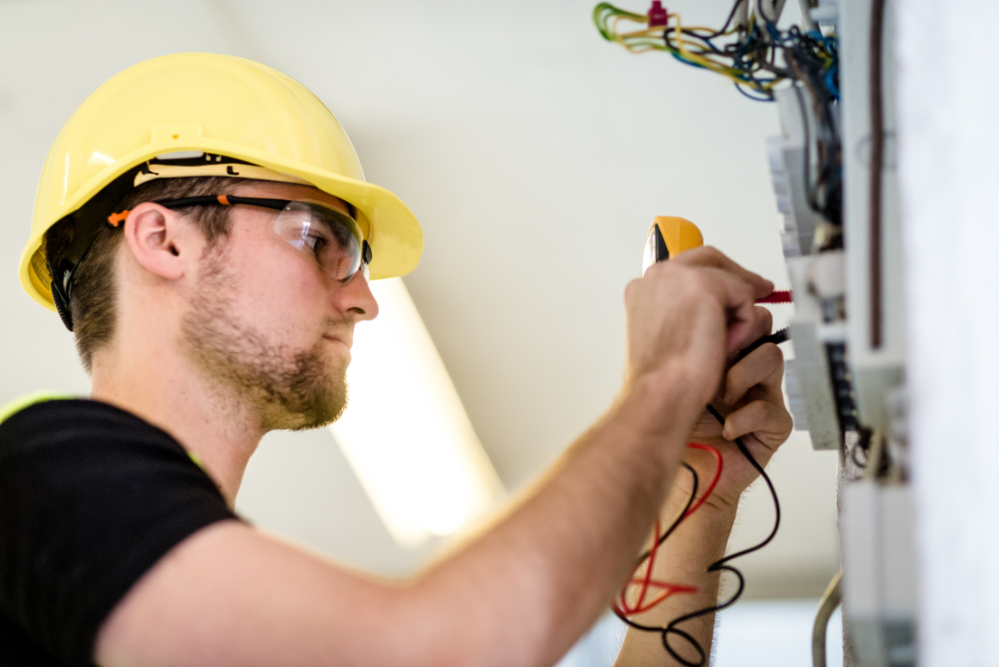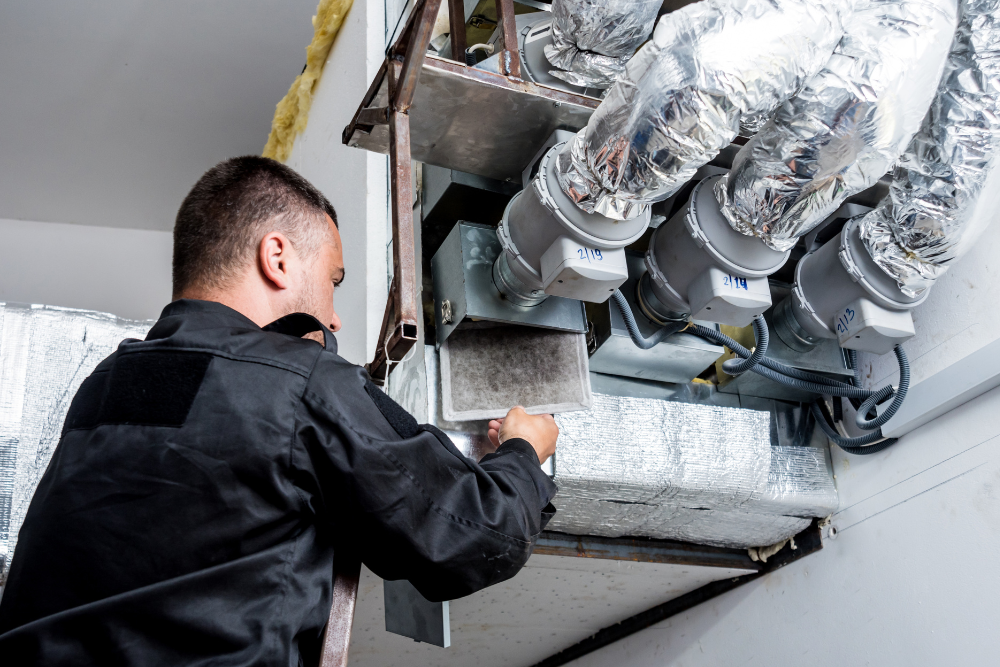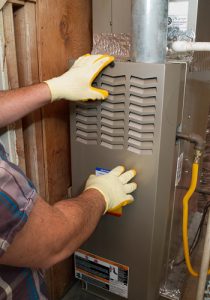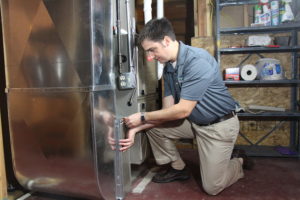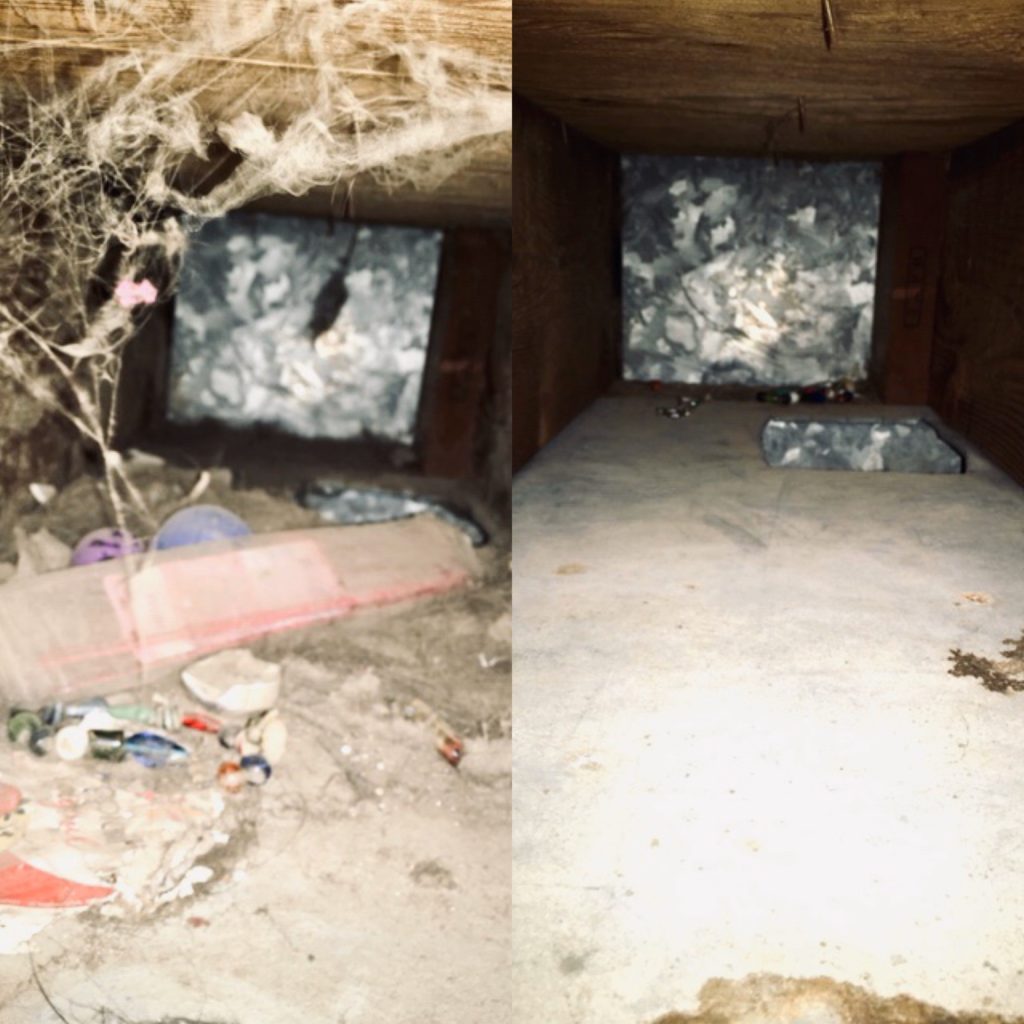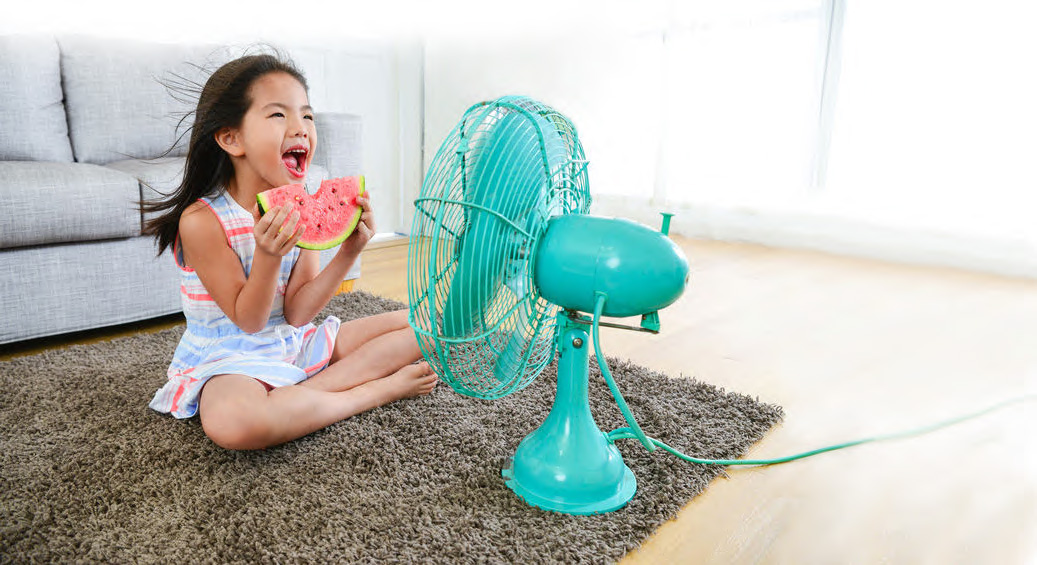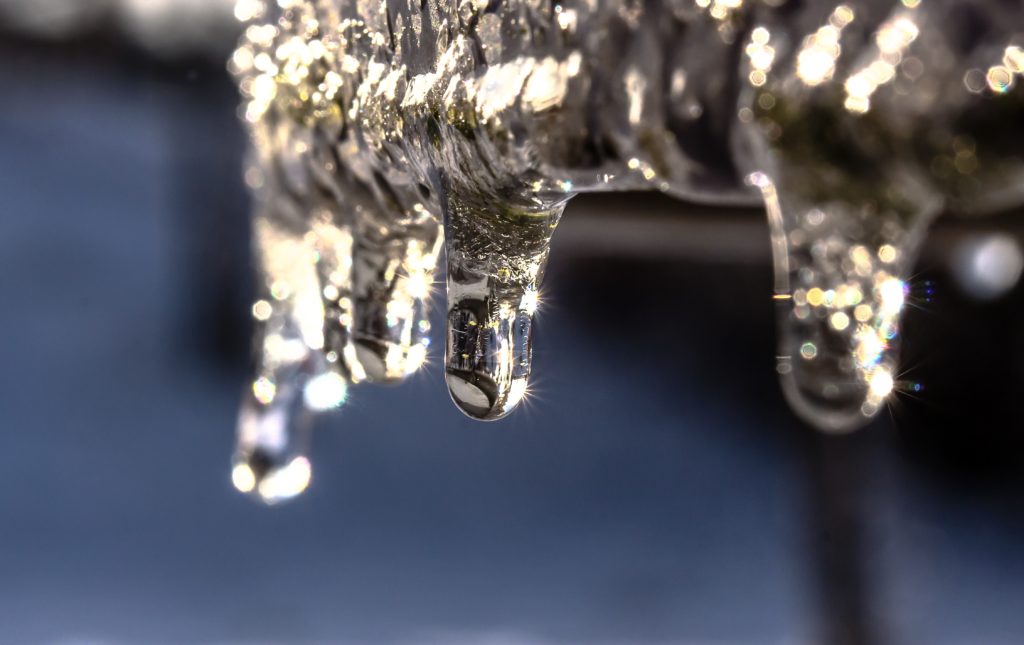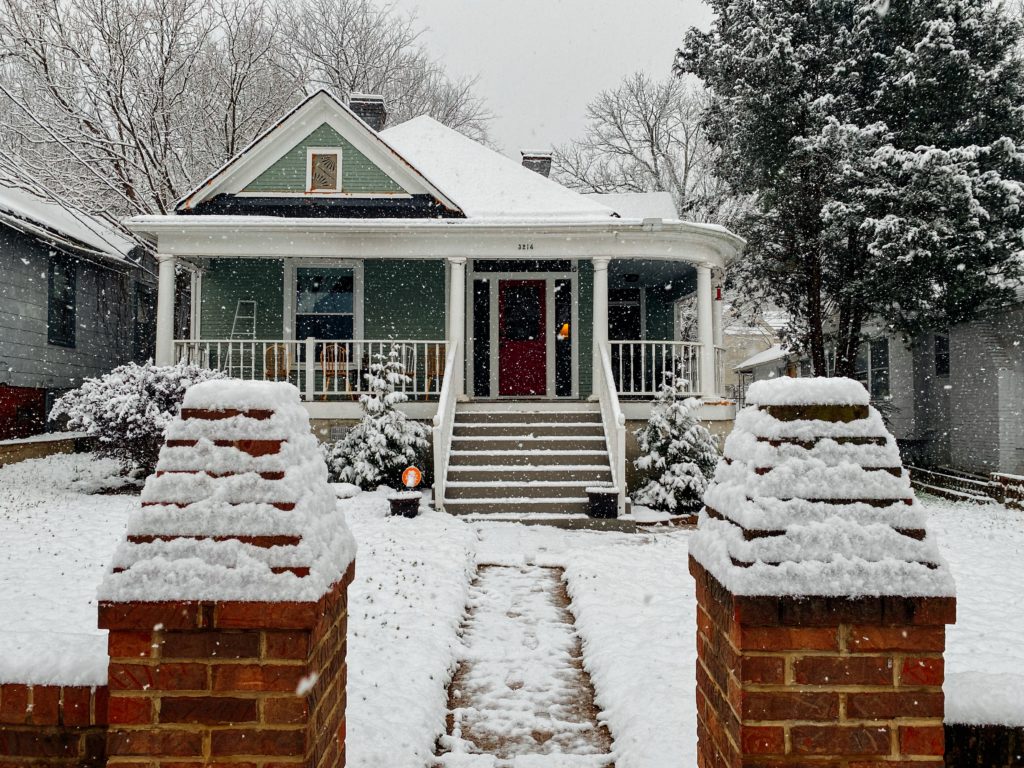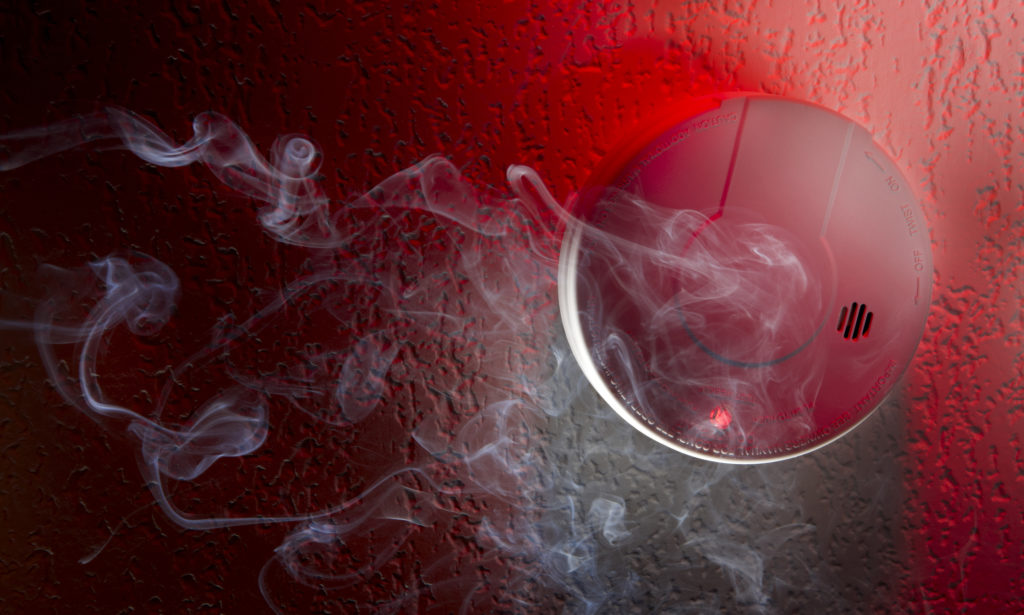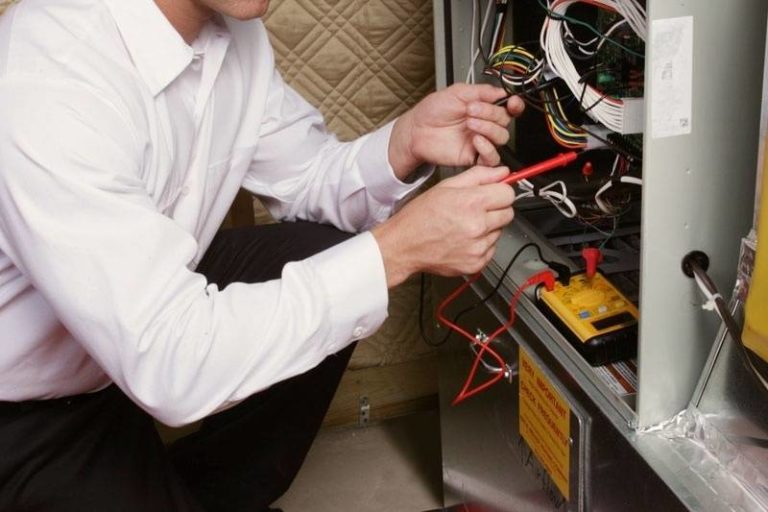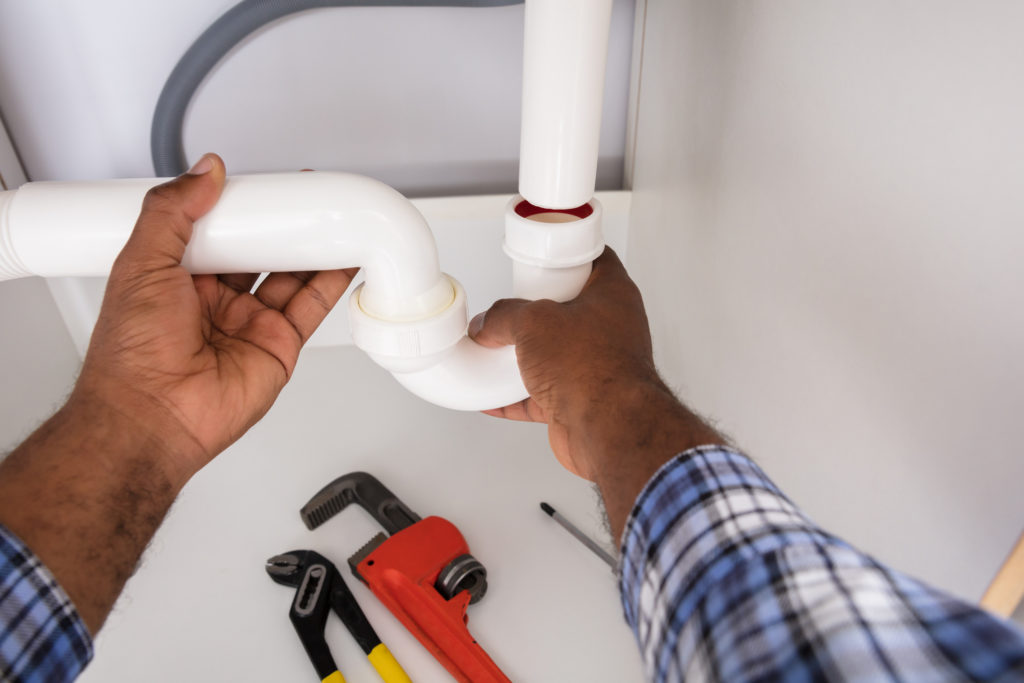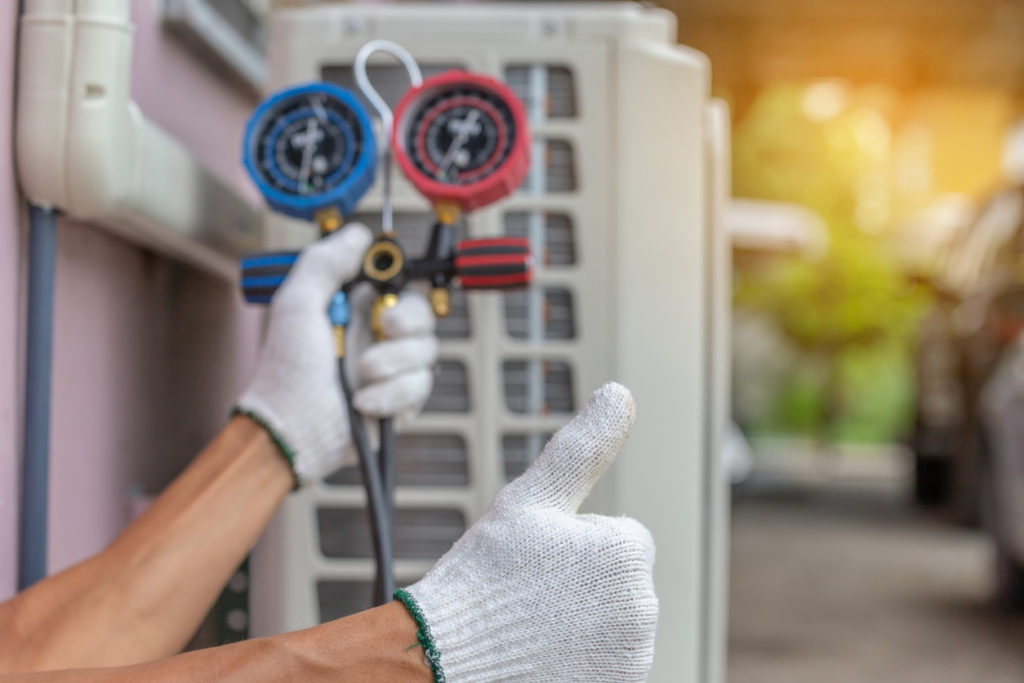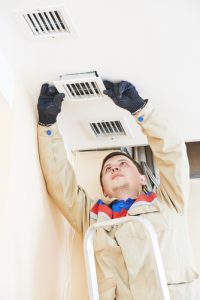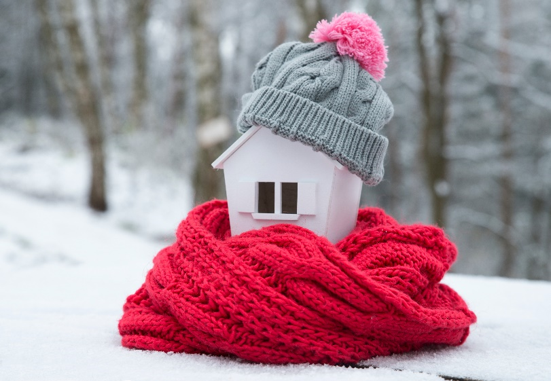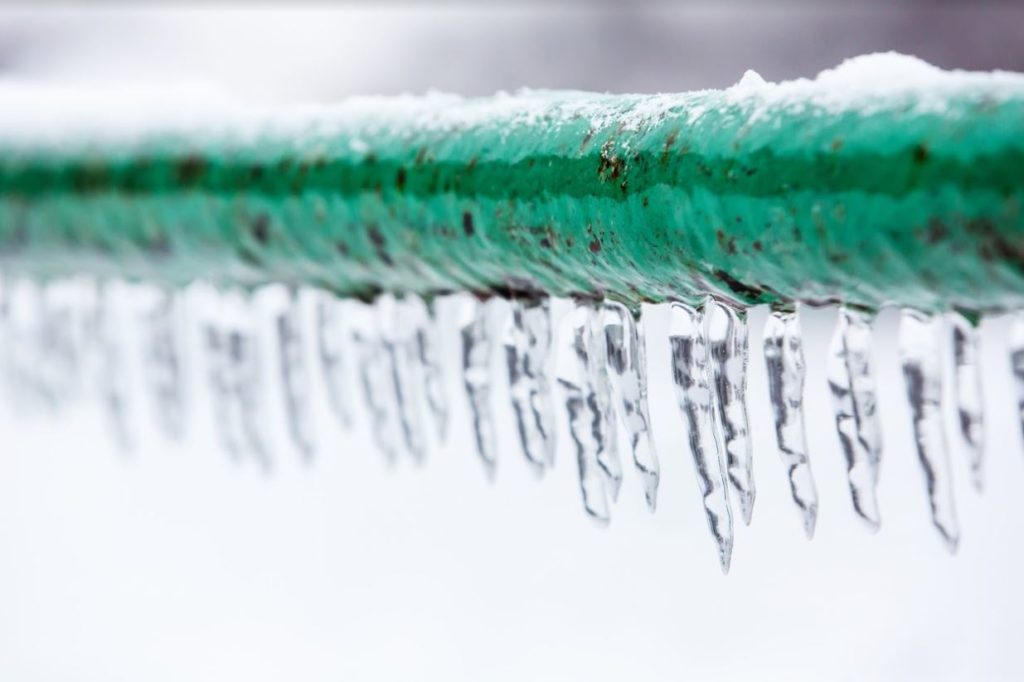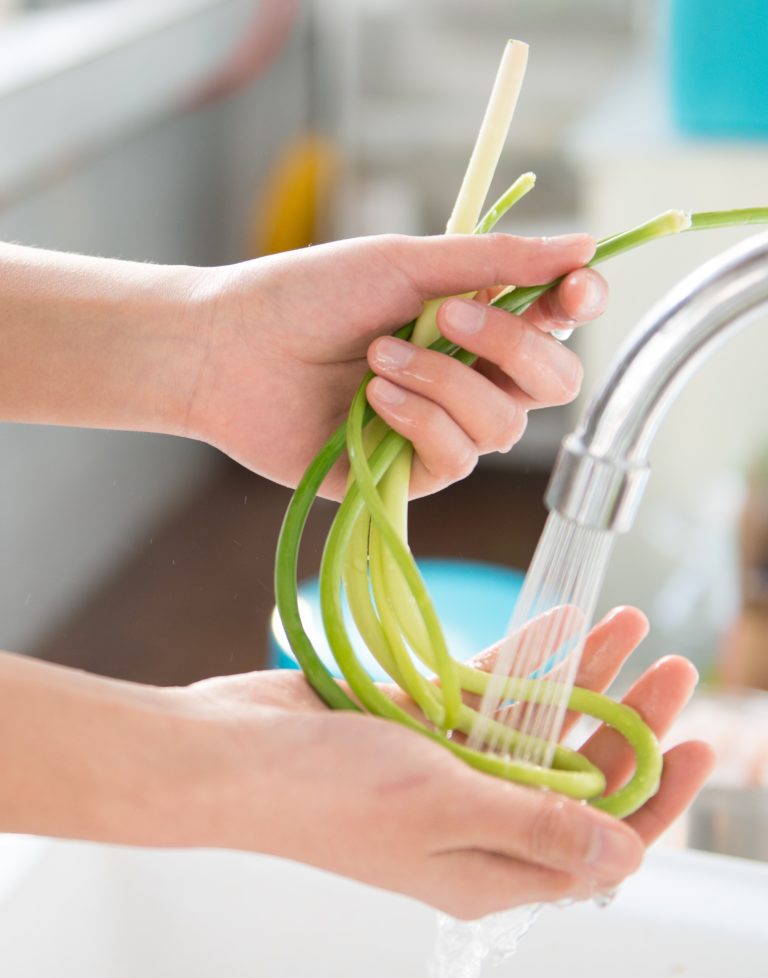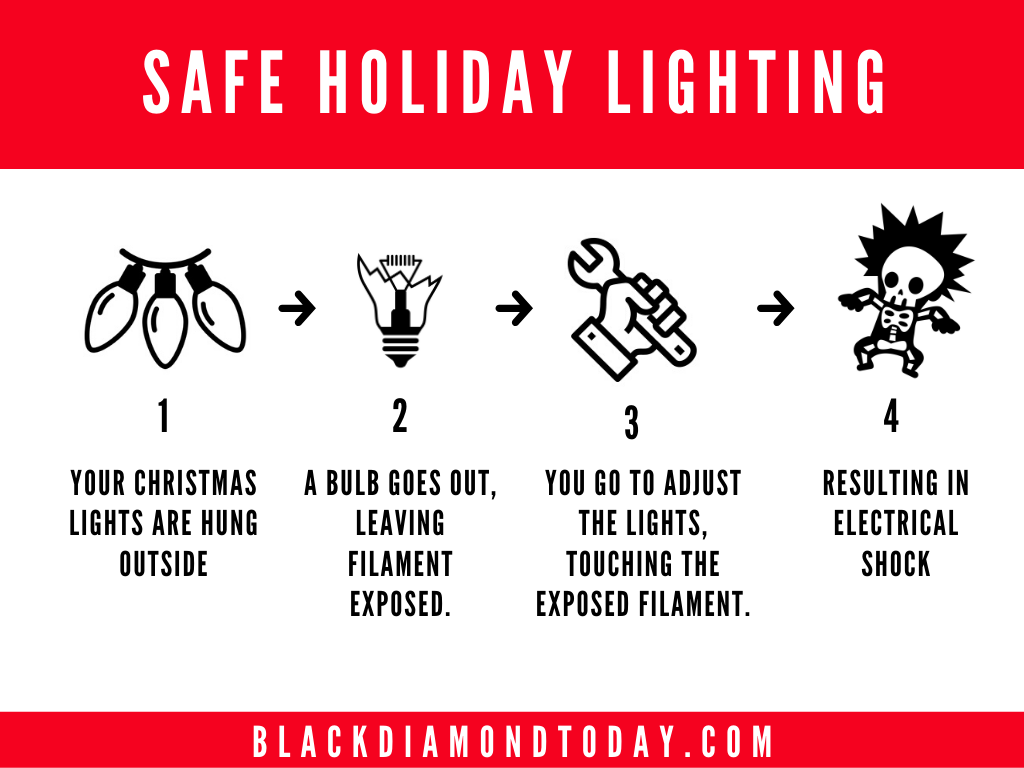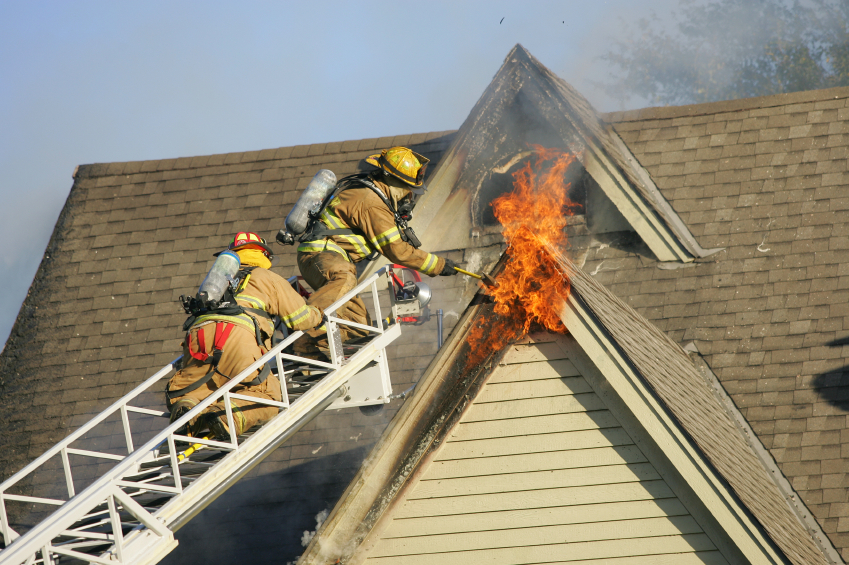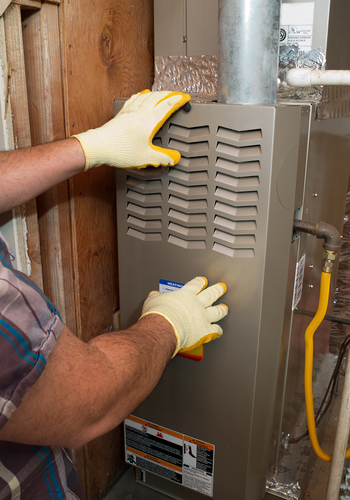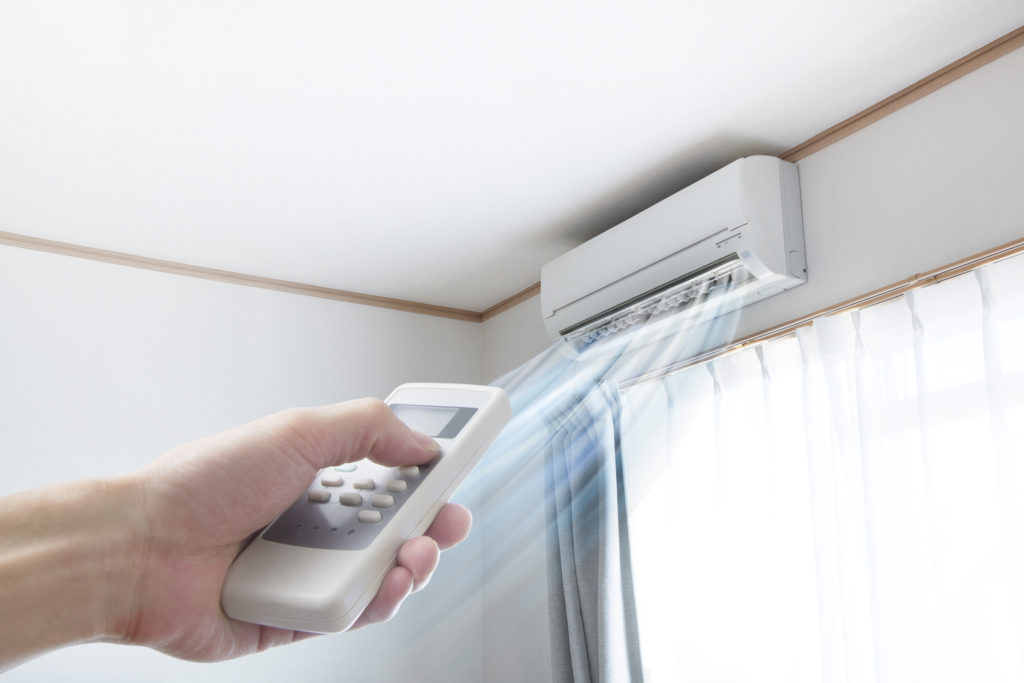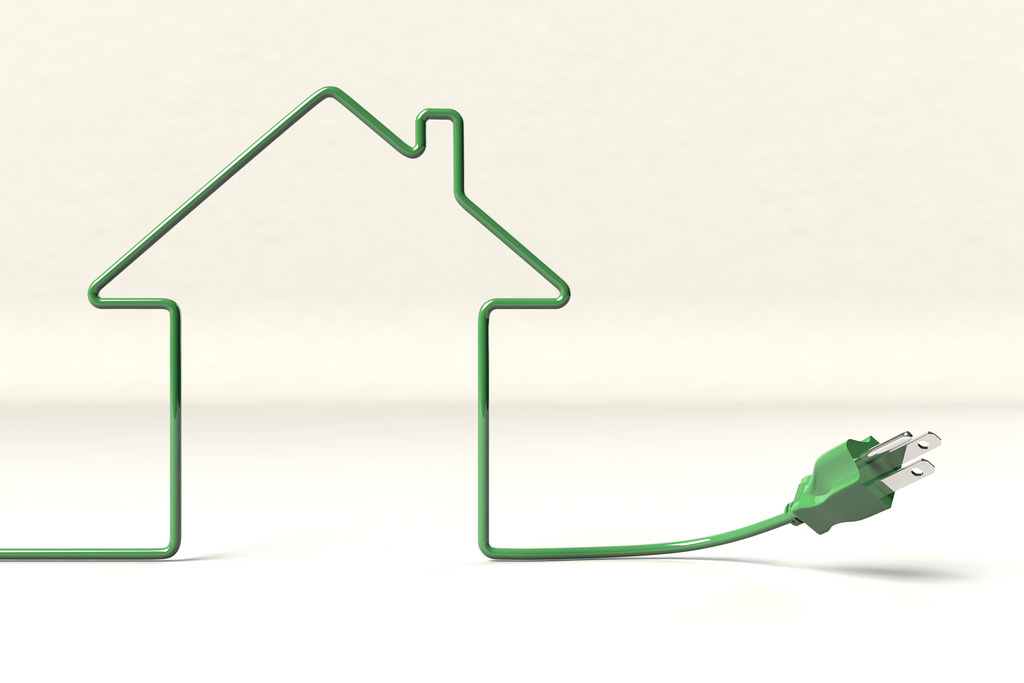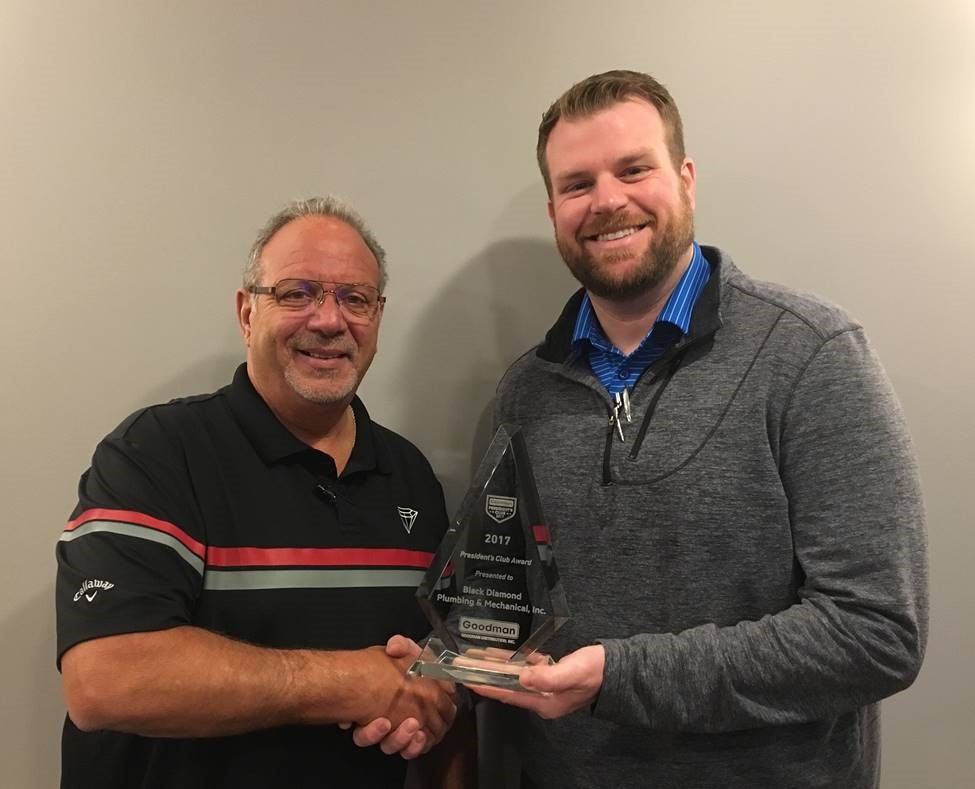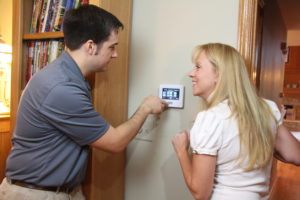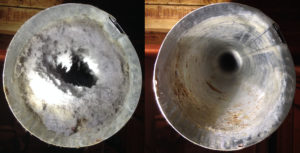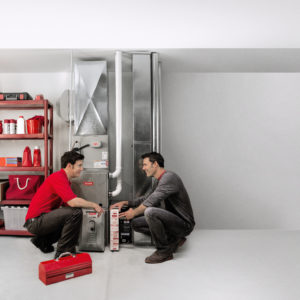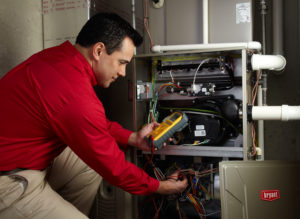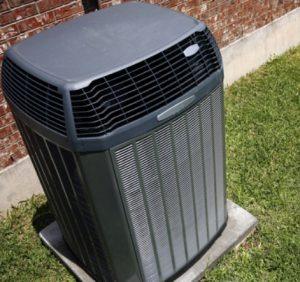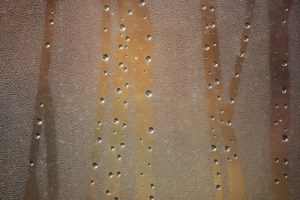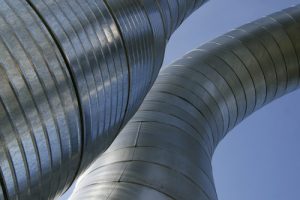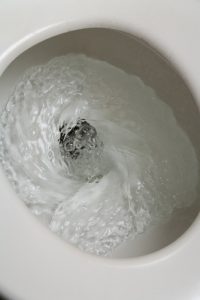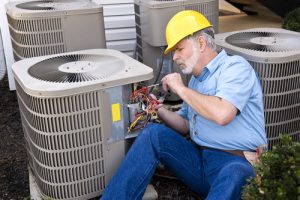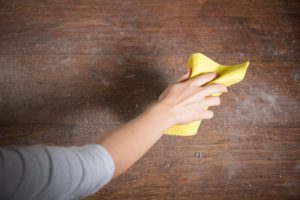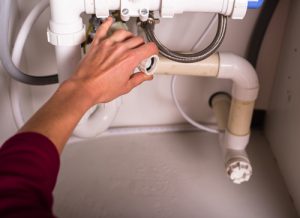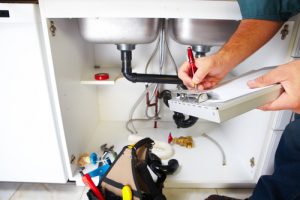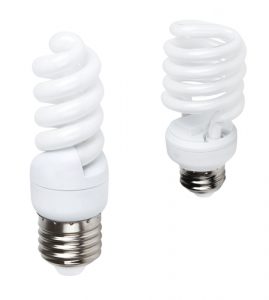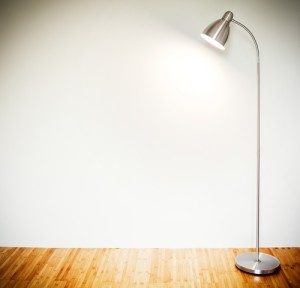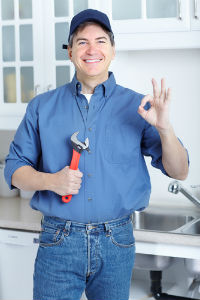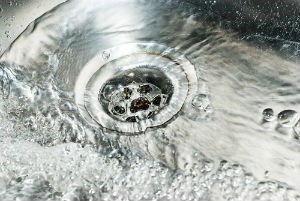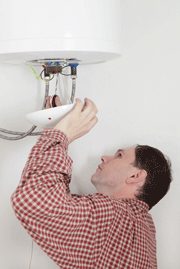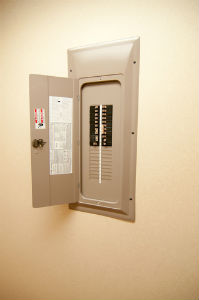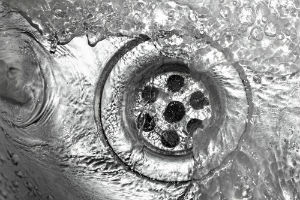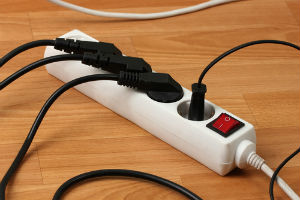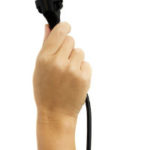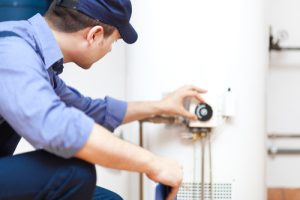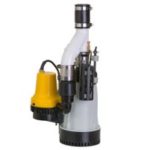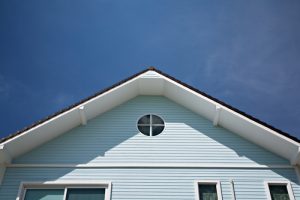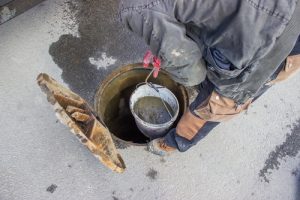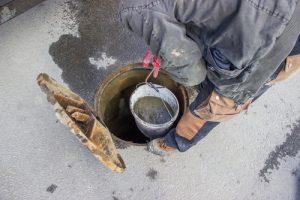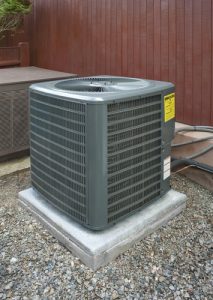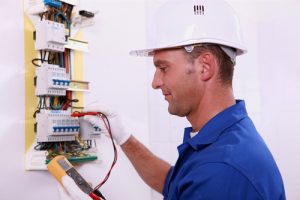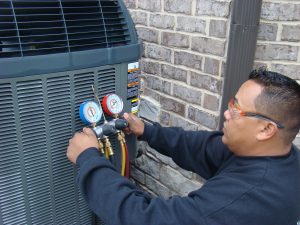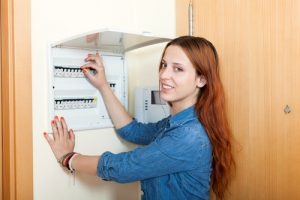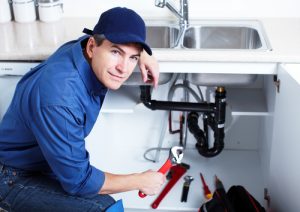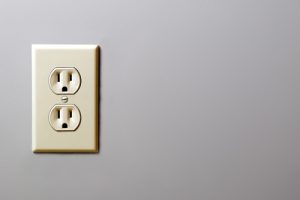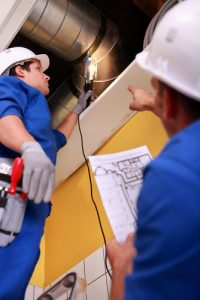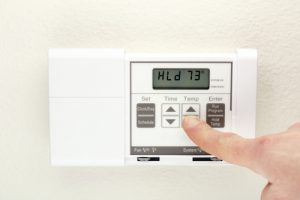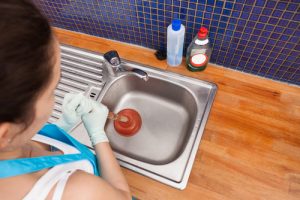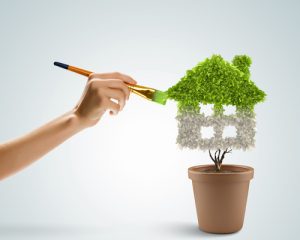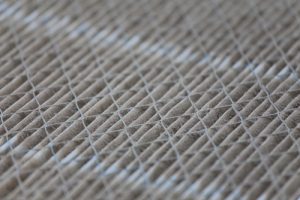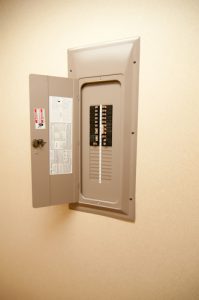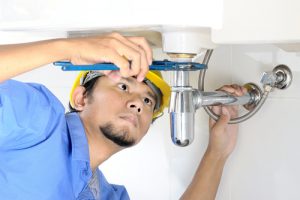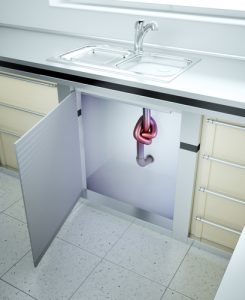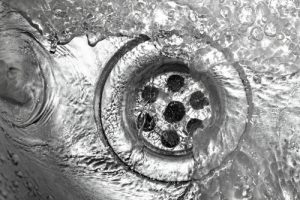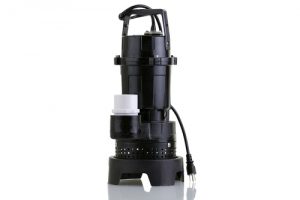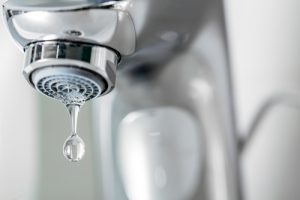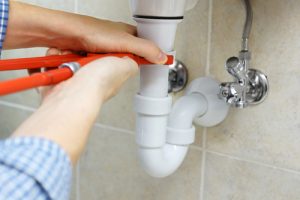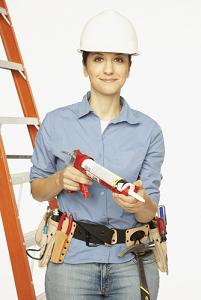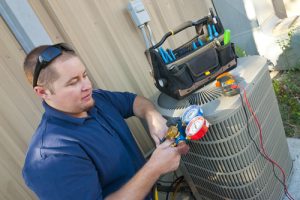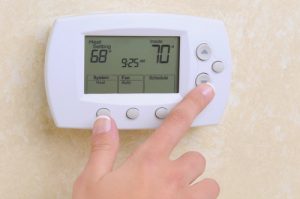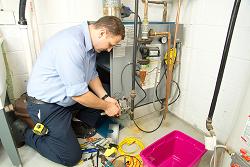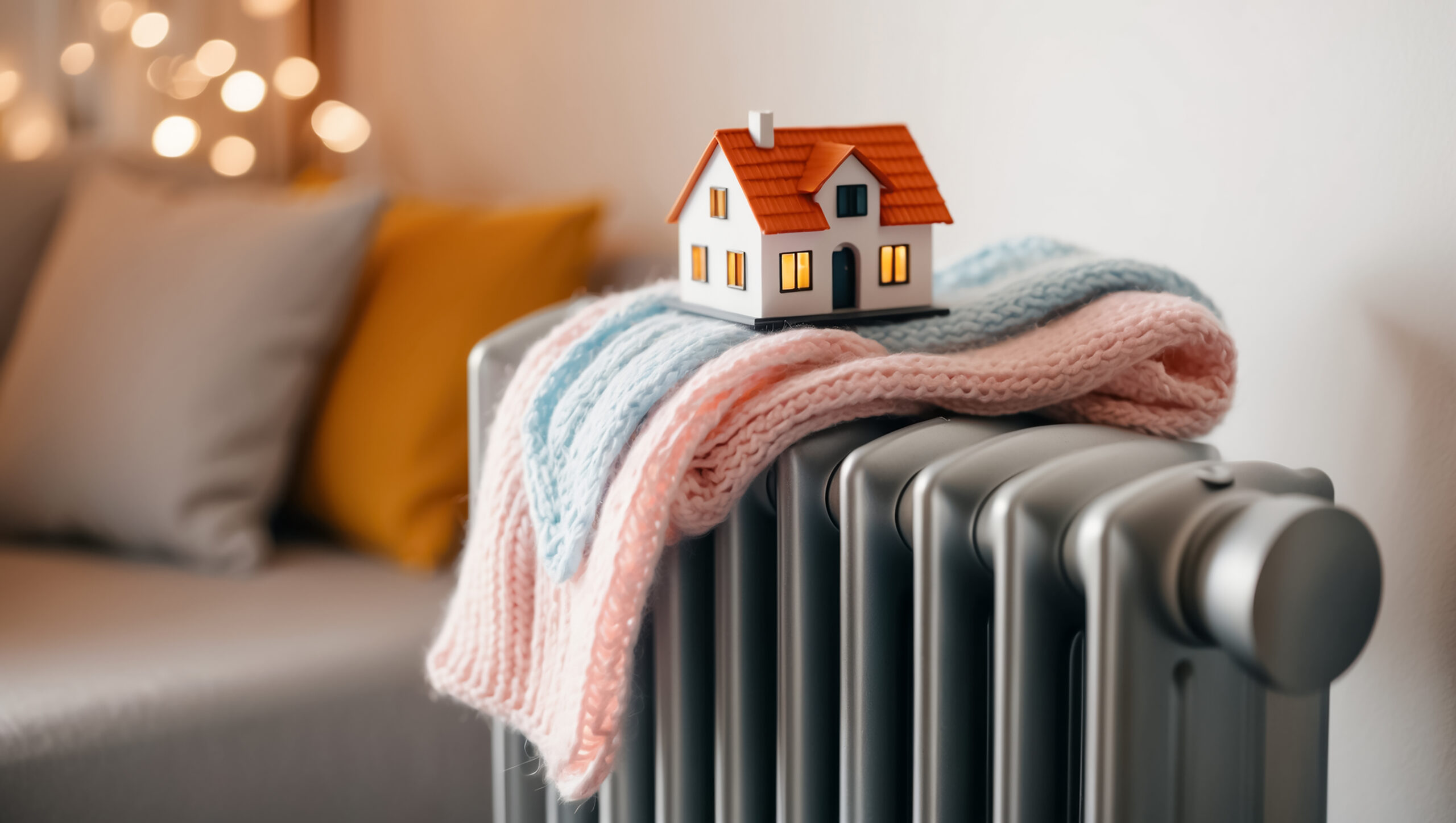When Pipe Issues Hit, You Need Expert Help…and Fast
Most of the time, the pipes in your plumbing system work unnoticed, transporting water to your kitchen, bathroom, water heater and other necessary locations. When serious pipe issues emerge, however, the situation can be anything from a minor annoyance to an emergency that must be resolved immediately.
There are three major types of pipe issues you’re likely to encounter: frozen pipes, burst pipes and leaking pipes. Each category has some characteristics in common with the others, but the end result is almost always the same: these pipe issues require immediate professional attention to minimize damage, prevent a catastrophic flood and return your plumbing system to normal operation.
Serious Pipe Issues: Frozen Pipes
Frozen pipes are among the most serious pipe issues that can occur during the winter. A frozen pipe may be little more than an annoyance, clogging your water lines and depriving you of water until the ice blockage melts away. In more serious cases, a frozen pipe may also crack or burst, which can lead to serious water leaks and damage inside your home.
Causes of Frozen Pipes
Frozen pipes can occur anywhere within the supply lines of your plumbing system, but will be most likely in areas where the space around the pipes gets cold, such as in an uninsulated area, a spot in your home where the heating system ductwork doesn’t reach, or in sections that extend beyond walls or foundations.
Frozen pipe issues can happen if:
- The furnace in your home goes off for an extended period due to malfunction or breakdown.
- Power loss causes the furnace to shut off or breakers to trip, preventing the heating system from coming back on.
- Fuel supplies run out or utility problems prevent transmission of gas or other fuel.
Preventing Frozen Pipes
There are several steps you can take before winter hits to help prevent frozen water pipes.
- Insulate your home: A well-insulated home will have fewer issues with cold spots where pipe freezing can occur.
- Insulate water pipes: Apply pre-made insulating jackets to pipes or wrap them with standard fiberglass insulation. Pay particular attention to pipes in areas with limited or no insulation, such as basements, attics, crawl spaces or under-porch areas.
- Apply heating tapes: Electric heat tapes are lengths of wiring containing heating elements. Wrap these tapes around your pipes and plug them in to generate heat that prevents freezing.
- Seal your home: Seal cracks, gaps and openings where cold air can get into your home and affect pipes. This can include foundations, outside walls, basements and crawl spaces.
- Run a small amount of water: Turning your faucets on to run a thin stream of cold water will help prevent freezing by keeping water moving through the pipes. It also reduces pressure in the line.
- Open cabinets: Open the doors of cabinets underneath sinks or where drains and water pipes are installed. This will allow warmer indoor air to reach the pipes and provide further protection.
- Take precautions: If leaving your home for an extended period, don’t turn your heating system below 62 degrees. Even better, shut off the water supply coming into your home until you return. That way, even if there are pipe issues, only a few gallons of water already in the pipes will leak out.
Urgent Pipe Issues: Burst Pipes
Pipes in your plumbing system can burst due to the effects of freezing, but pipes can also split or burst due to age, wear, damage or related factors that can occur in any season. A burst pipe is an urgent situation no matter when it occurs. If you notice or suspect a burst water pipe, contact your local trusted plumbing professional immediately.
Pipe Issues Depending on Severity: Leaking Pipes
Leaking pipes will always be a source of wasted water, but the seriousness of the situation will depend on the severity of the leak. The loss of a drop of water every minute is notable and should be repaired as soon as possible, but it’s not an urgent crisis that demands immediate attention. Similarly, you may be able to put off fixing a medium-level leak for a short time after it starts or is discovered. A serious leak losing gallons of water per minute will require emergency service by a plumbing professional.
Pipe Issues: Leak Detection
If you have a leak in your plumbing system, the immediate need is to shut off the water so no more water can escape into your home. A broken or burst pipe that’s gushing water will be easy to find and unfortunately can also be the source of severe water damage or flooding. A smaller leak can be more difficult to locate, especially if the leak occurs behind walls, under floors, beneath the surface of the ground or anywhere else where a leak won’t be immediately obvious. Even small leaks can be responsible for the loss of hundreds or thousands of gallons of water and can drive your water bills to unnecessary highs.
Signs of a Leak
If there’s no obvious source for the water leak, the problem is most likely hidden from view. Here are some reliable signs to look for that will help you determine if there’s a water leak you can’t see in your plumbing system:
- Unexpectedly high water bills: If you notice a spike in the amount you’re paying every month for water and the amount of water you use hasn’t changed significantly, there may be a hidden leak somewhere in the system. Compare your past water usage and bills to the bills that seem higher than usual. The beginning of the price increases will let you know when the leak started, and the consumption data on the new bill will show how much water is being wasted.
- Unusually moist areas in the yard: If an underground pipe springs a leak, the water will saturate the soil around the break in the pipe. This will create areas of soft, muddy ground. Areas of excessive grass or plant growth can also indicate a leak in an underground pipe.
- Wet walls or floors: Excessive moisture or damage to indoor walls could be caused by a leak behind the walls. Check for areas of discoloration on walls or areas that are damp, soft or spongy when they should be solid. Water pooling on a floor or under a carpet is also a bad sign that indicates the likelihood of a leak behind a wall or under the floor.
- Water sounds: If you can hear water running or dripping when no faucets or fixtures are on, there may be a serious leak that you can’t see.
- Damp, musty or moldy odors: Excess moisture and water can cause musty smells and the growth of mold and mildew. If you detect these odors, check for the source and see if there’s a leak.
- Cracked or damp foundation or slab: Water leaks can cause damage to house foundations or the concrete slabs they’re built on. Dampness or cracks can indicate the presence of a leak.
- Dripping faucets, leaking toilets or fixtures that won’t shut off: These sources of water leaks may seem obvious, but they’re easy to ignore or overlook. Even a minor leak of this type can cause excessive waste of water, so repair these leaks as soon as you notice them.
Once you identified a leak, shut off the water source to stop the leak, then call your plumber. Pipe issues of this type will generally require the services of a licensed expert, so unless you’re well-versed in plumbing yourself, leave the job to the professionals. Mistakes made in searching for or trying to fix leaks can make the situation even worse and end up costing you more to repair.
Line Locating
Your plumbing professional will have the tools and expertise to find leaks in underground pipes using techniques such as line locating. First, the interior of the pipes are examined using a small camera at the end of a cable sent into the pipeline. The camera sends images back to a monitor, where a technician looks for signs of root infiltration, cracks, leaks or other problems. When the problem is identified, the camera emits sonar signals that allow the technician to pinpoint the exact location of the pipe issues with a line locating device.
Slab Leak Detection
Slab leak detection is another advanced technique that allows the precise location of leaks under concrete slab foundations. The technique uses line locating equipment to find out where water lines exist under the slab. Then, a sensitive listening device allows plumbing technicians to pinpoint the source of a leak by literally hearing where water is leaking.
Water leaks under foundation slabs can cause them to crack and the soil beneath the slabs to become uneven. In the most severe cases, cracked slabs have literally caused homes to break apart. If you suspect a water leak under your home’s slab foundation, have the problem checked out as soon as possible.
For more information about plumbing issues or any other home comfort issues, contact the pros at Black Diamond Plumbing & Mechanical. Our plumbers are fully trained, licensed, bonded, and insured!
Recent Posts
Request Service
Please fill out the form and we will get in touch with you shortly. We look forward to serving you!
Request Service
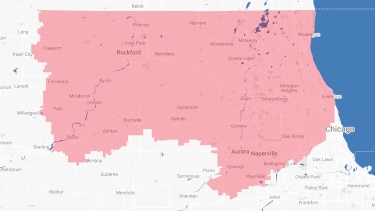
Proudly Serving
The Chicagoland AreaAddison | Algonquin | Antioch | Arlington Heights | Aurora | Barrington | Bartlett | Batavia | Beloit | Belvidere | Bensenville | Bloomingdale | Bolingbrook | Buffalo Grove | Byron | Caledonia | Capron | Carol Stream | And Much More!
VIew ALL

